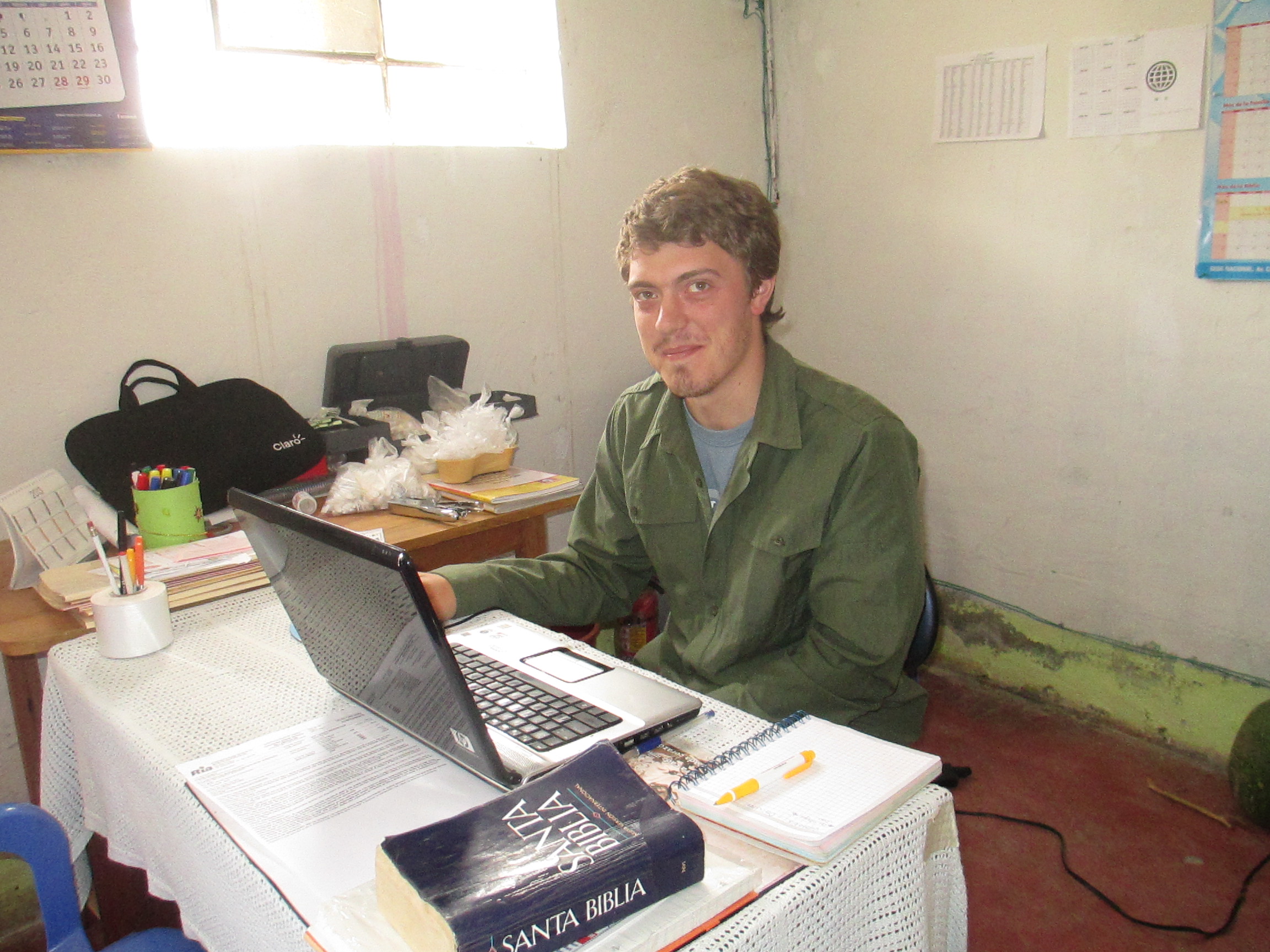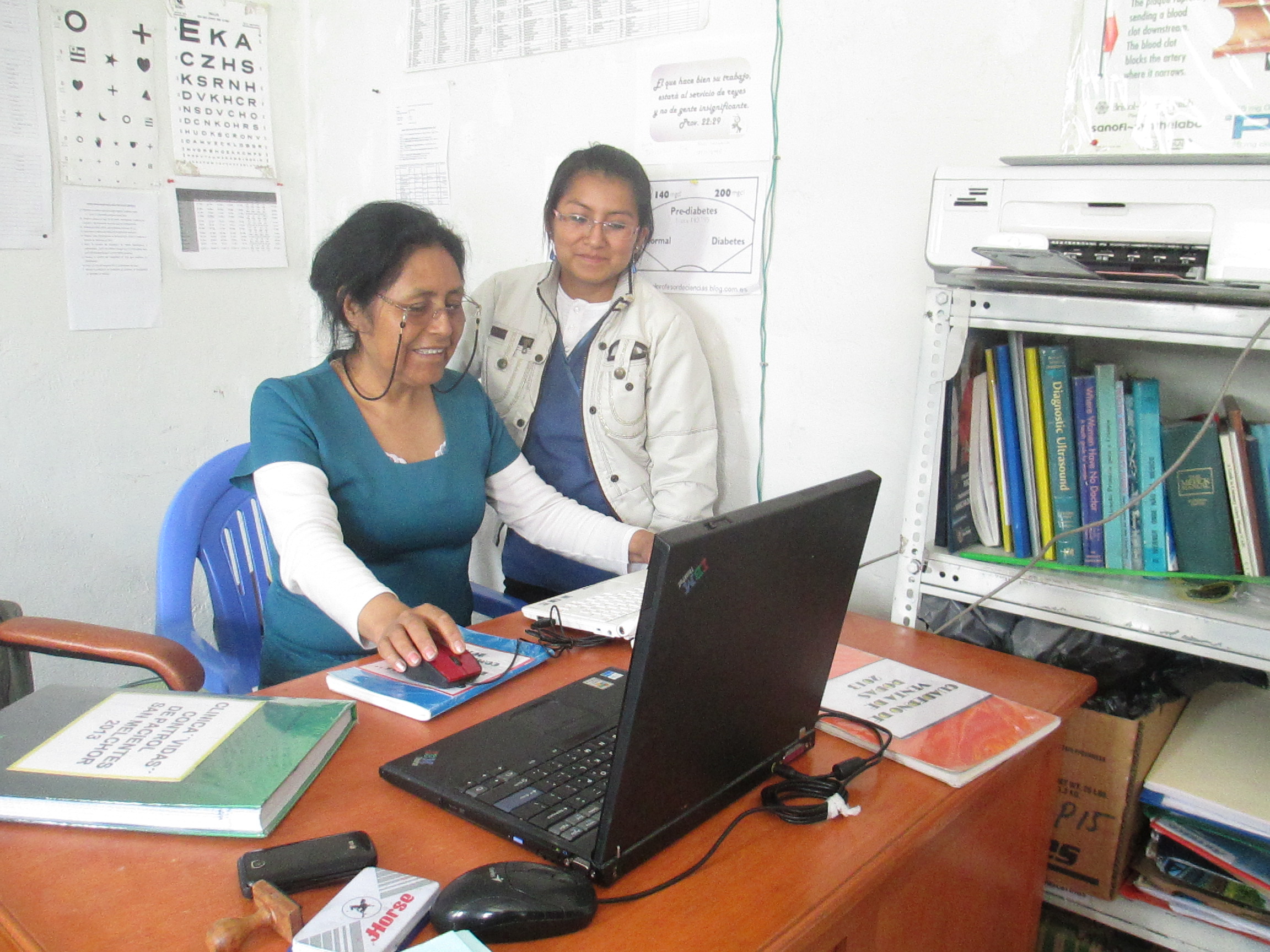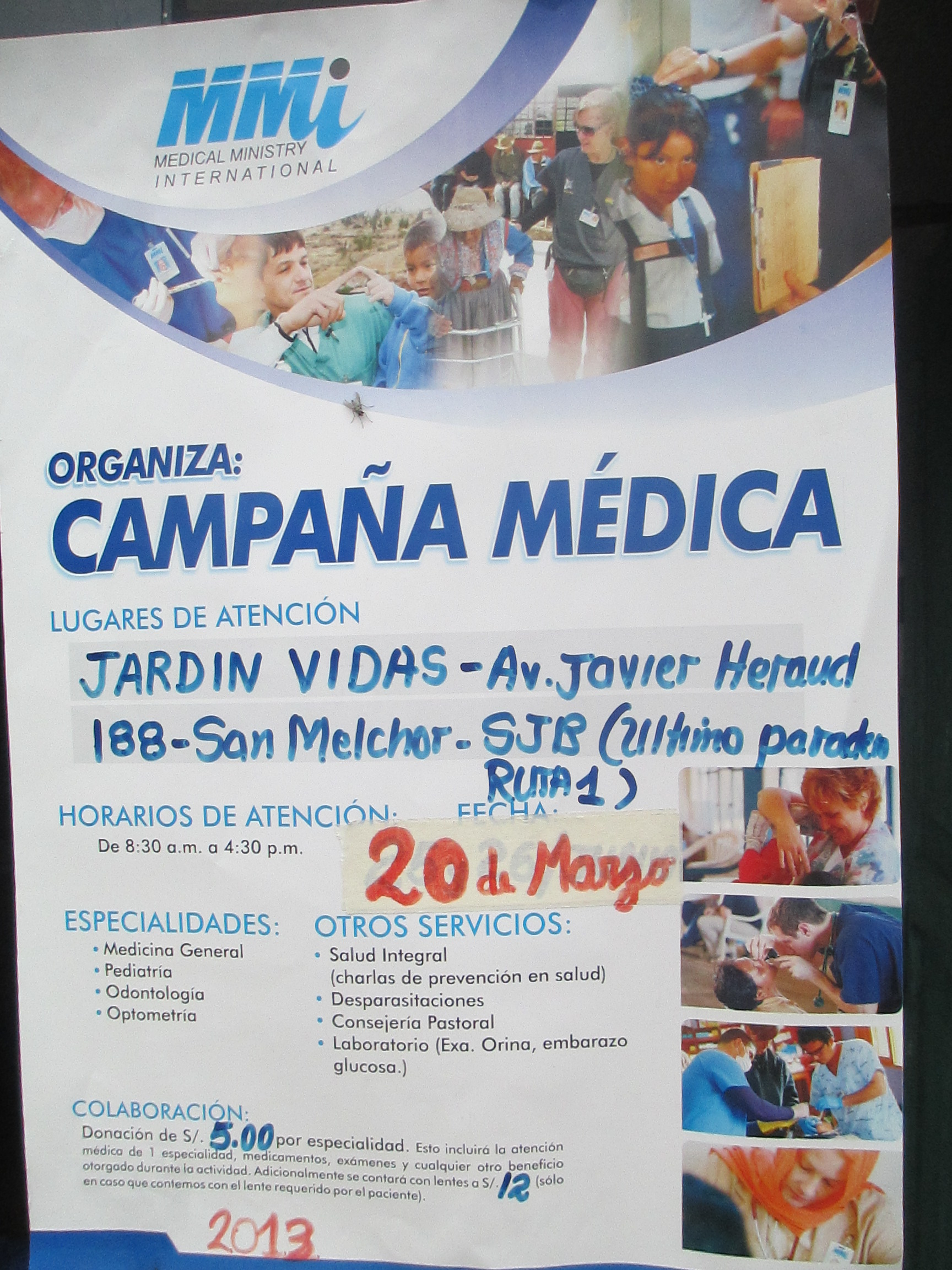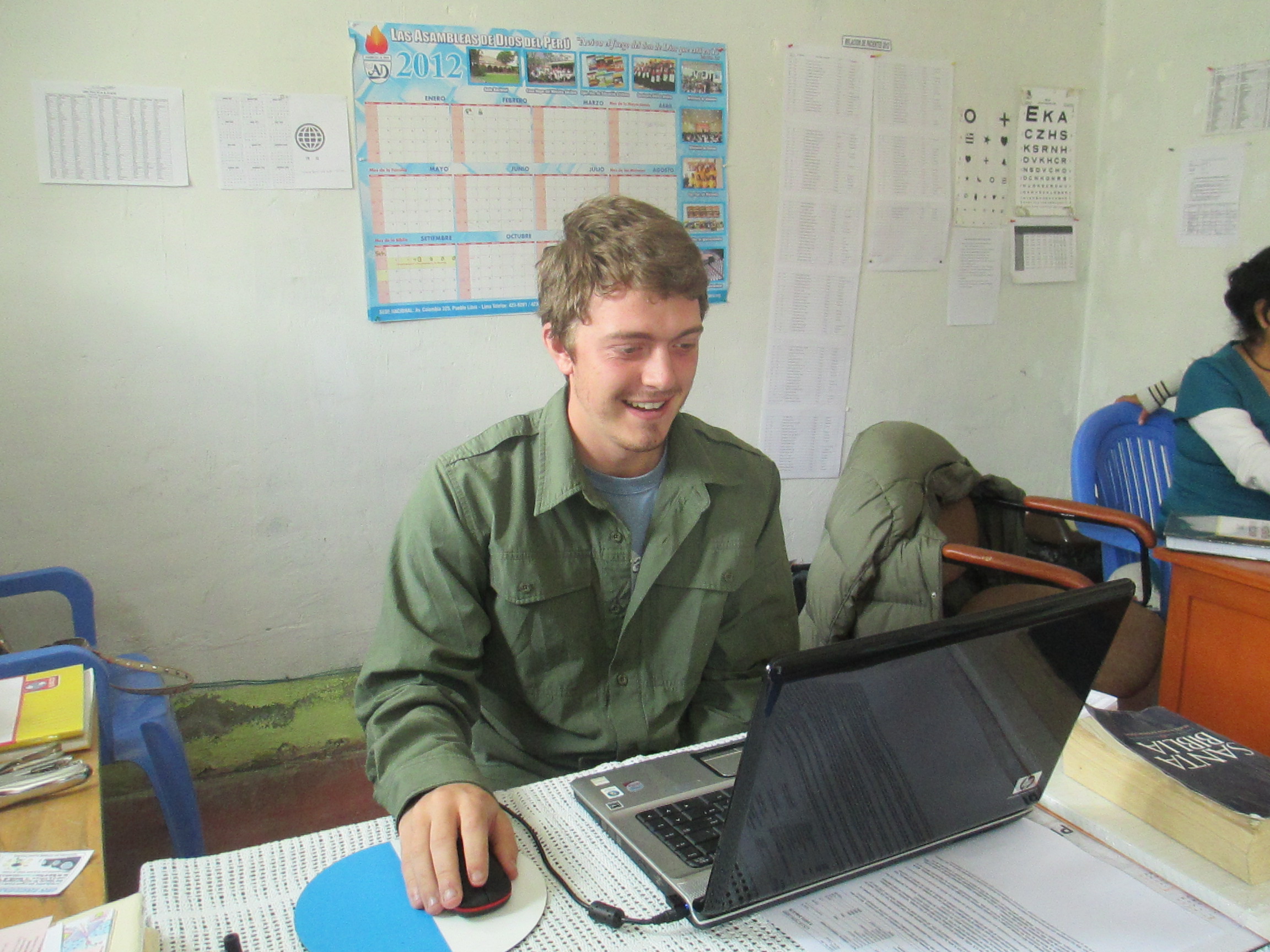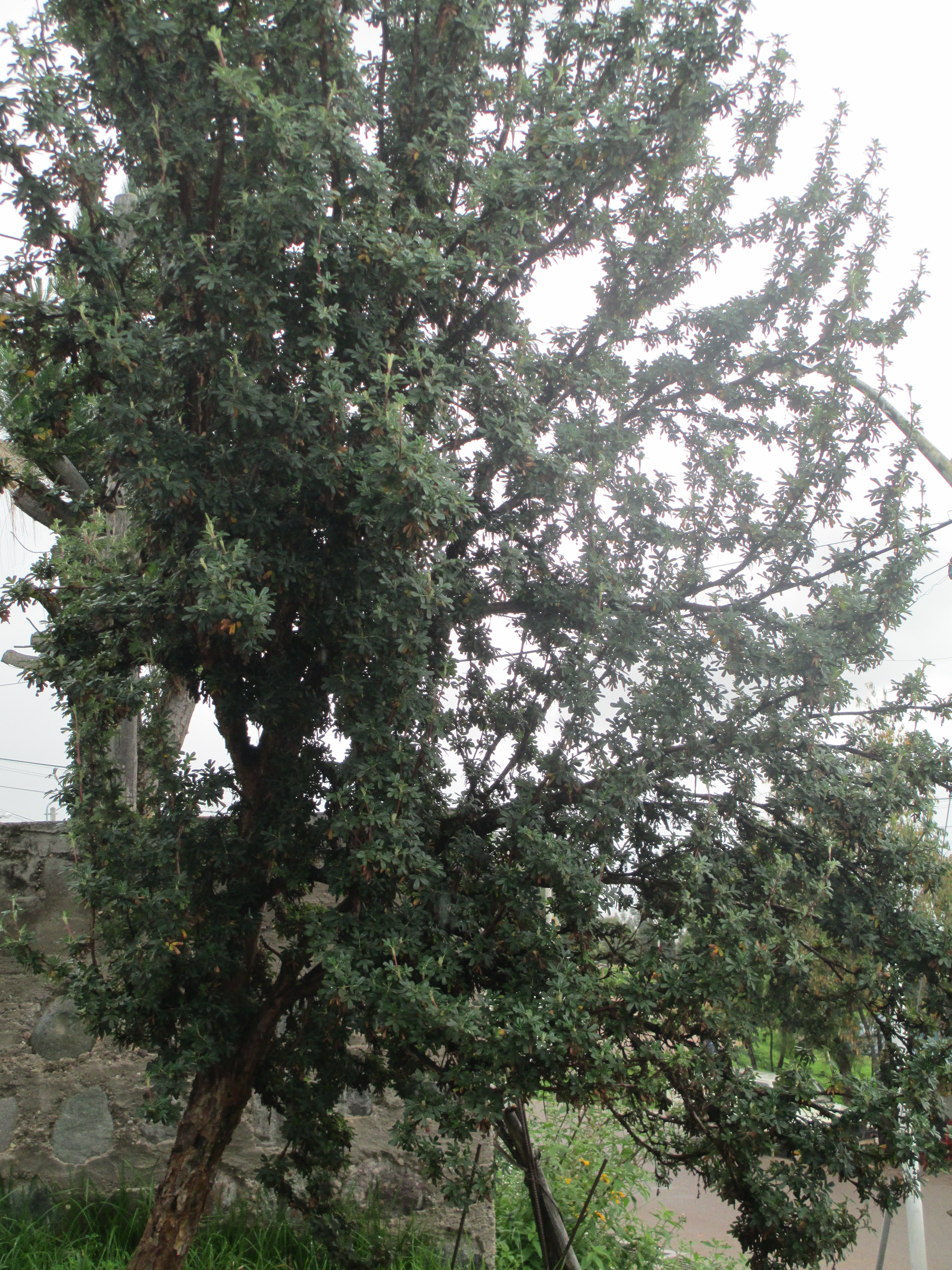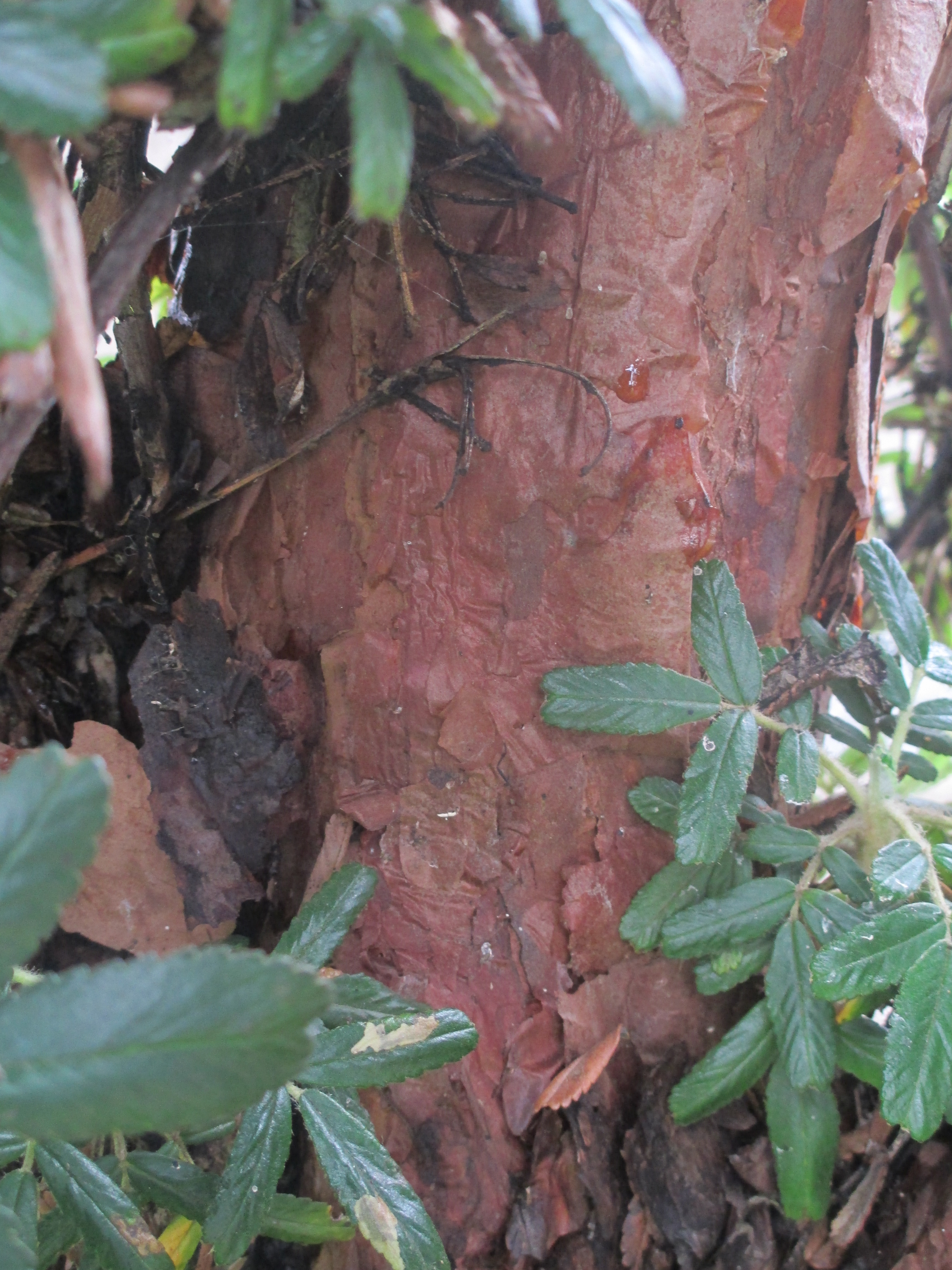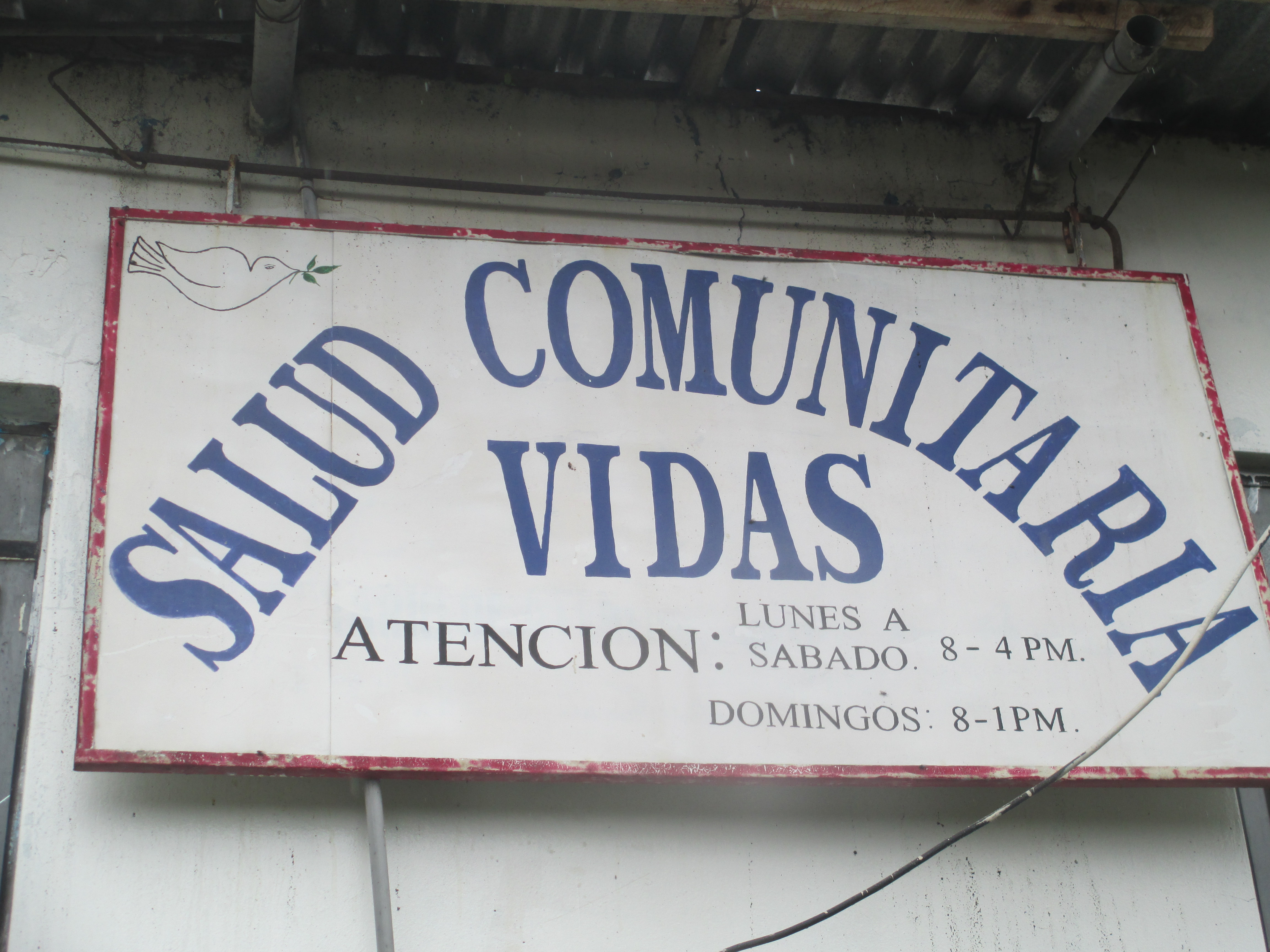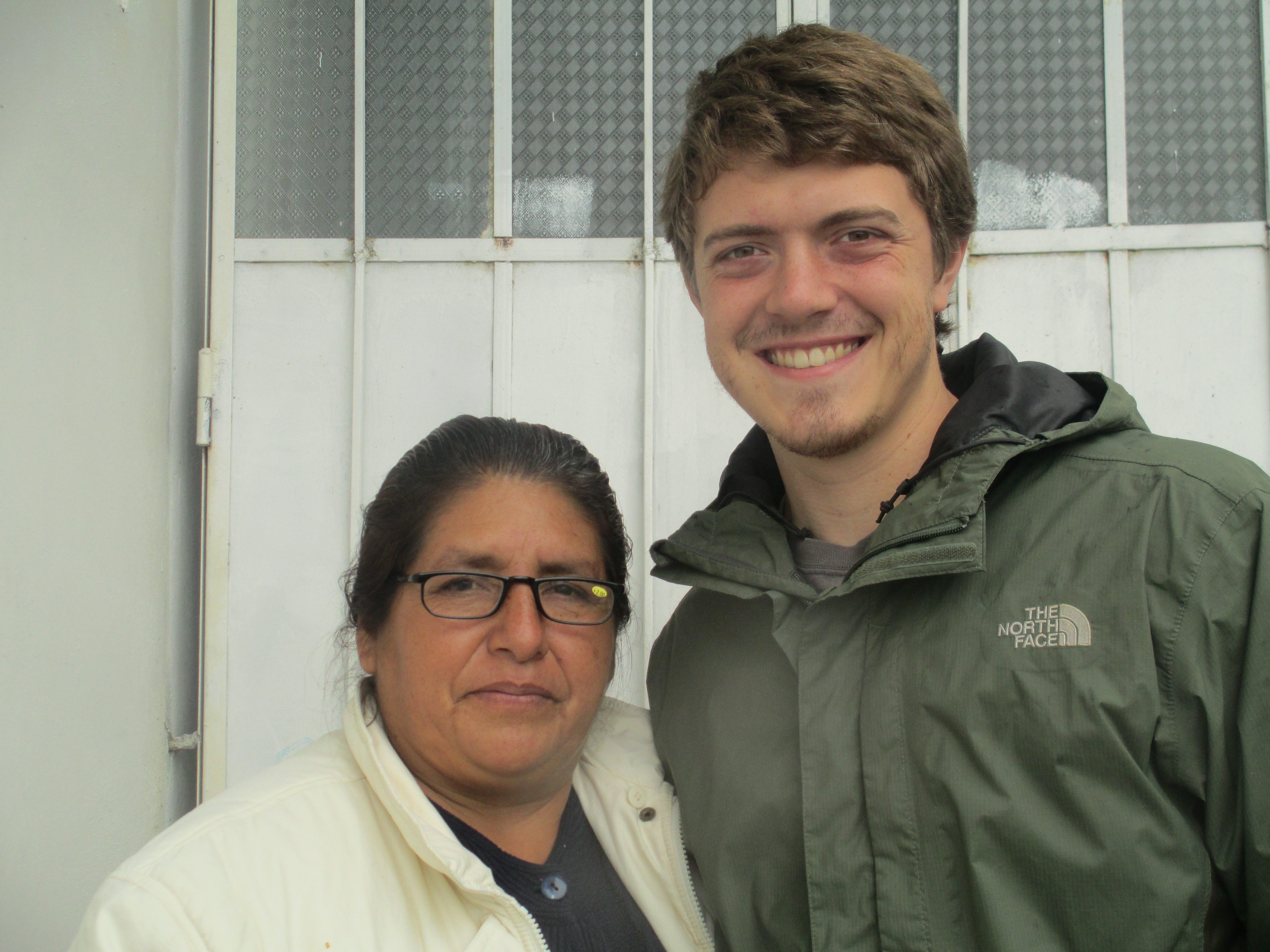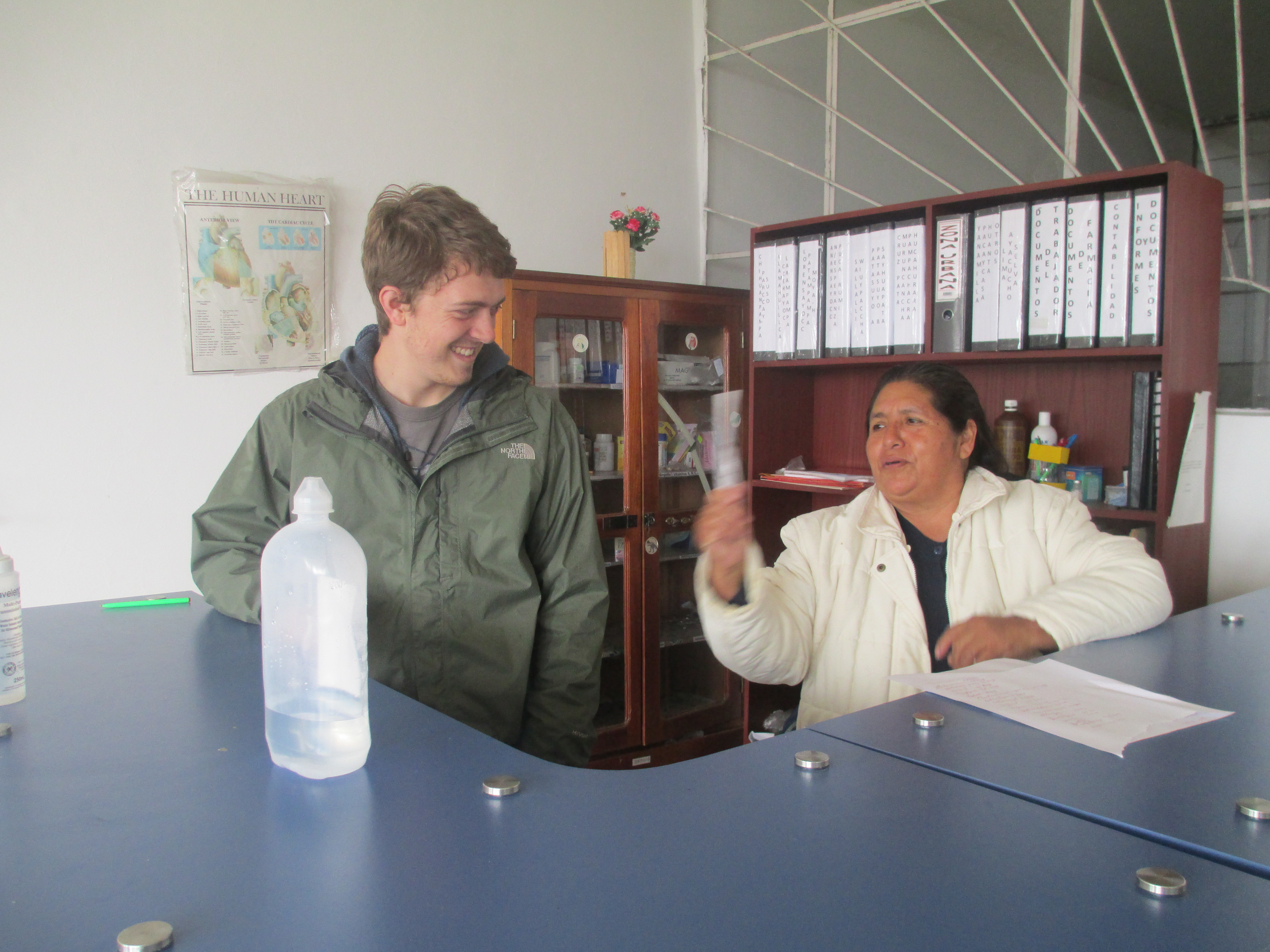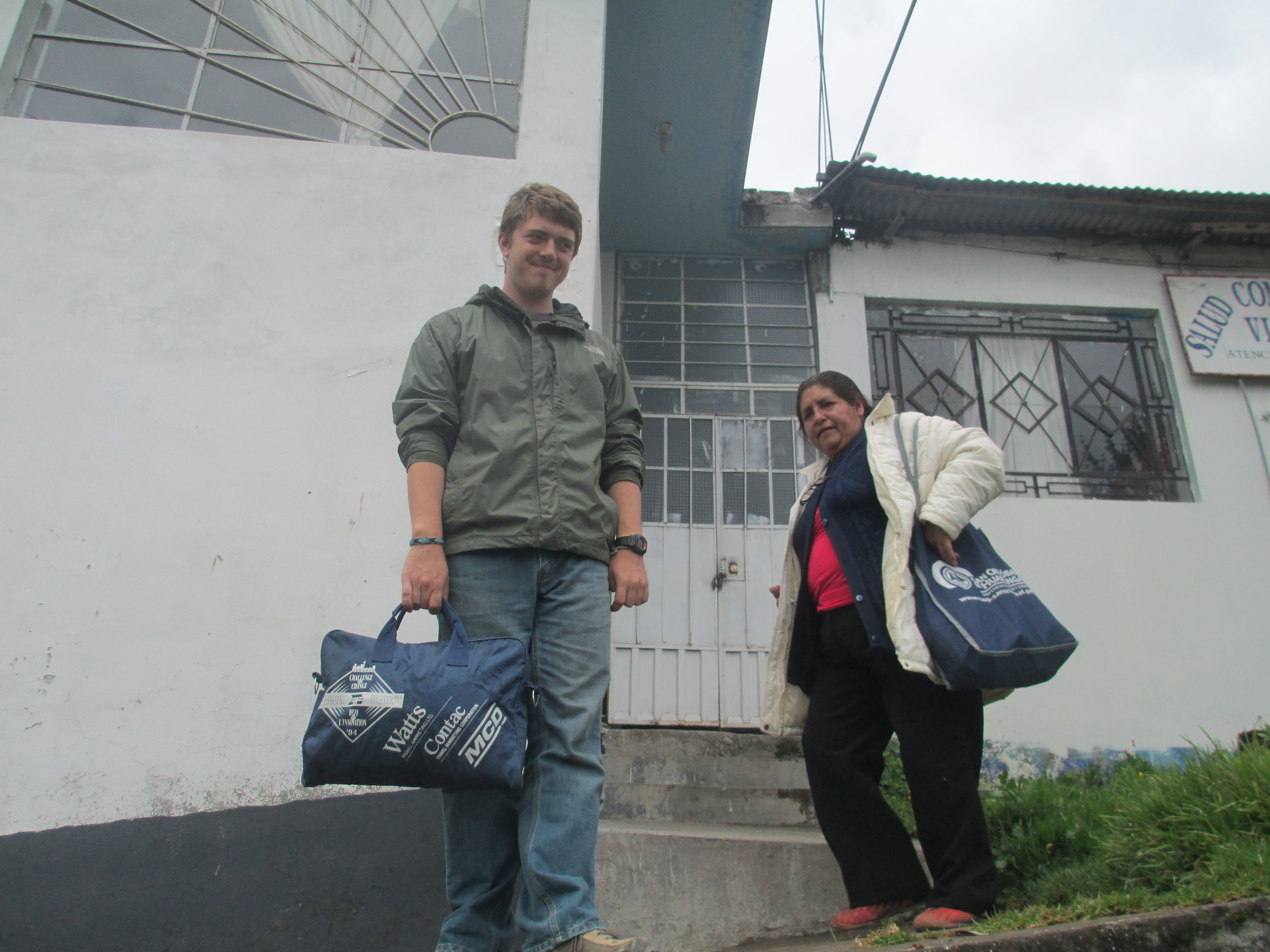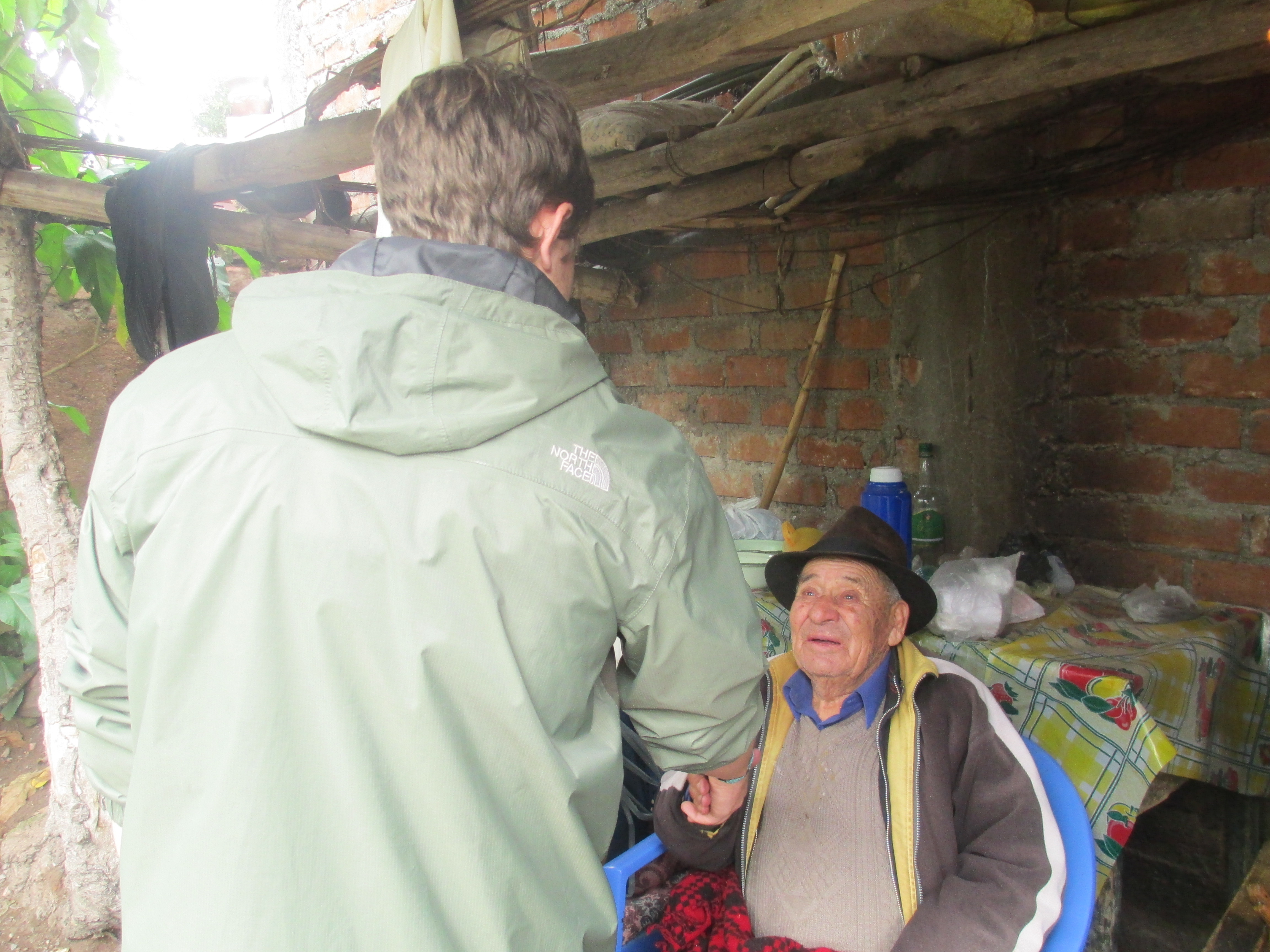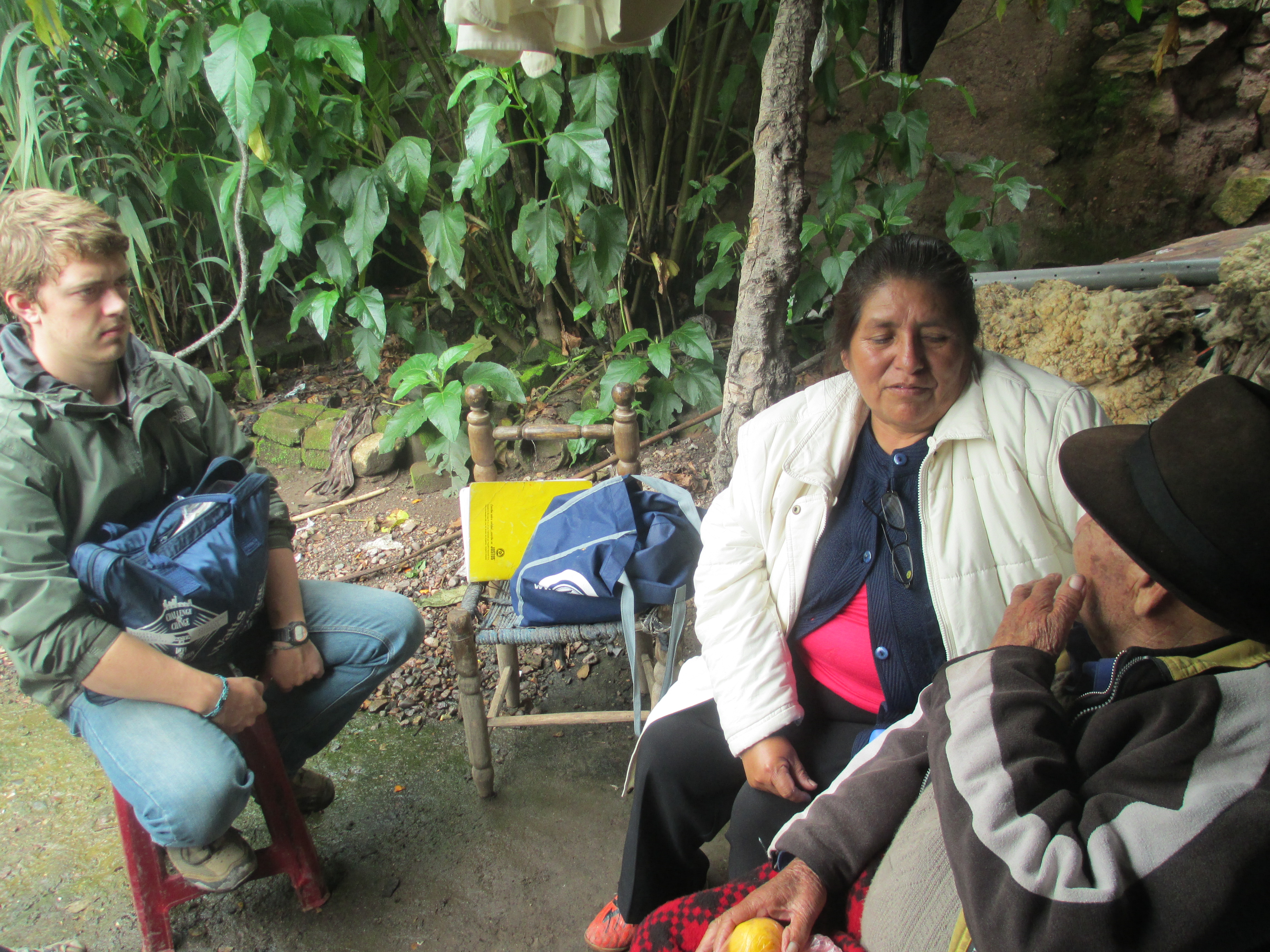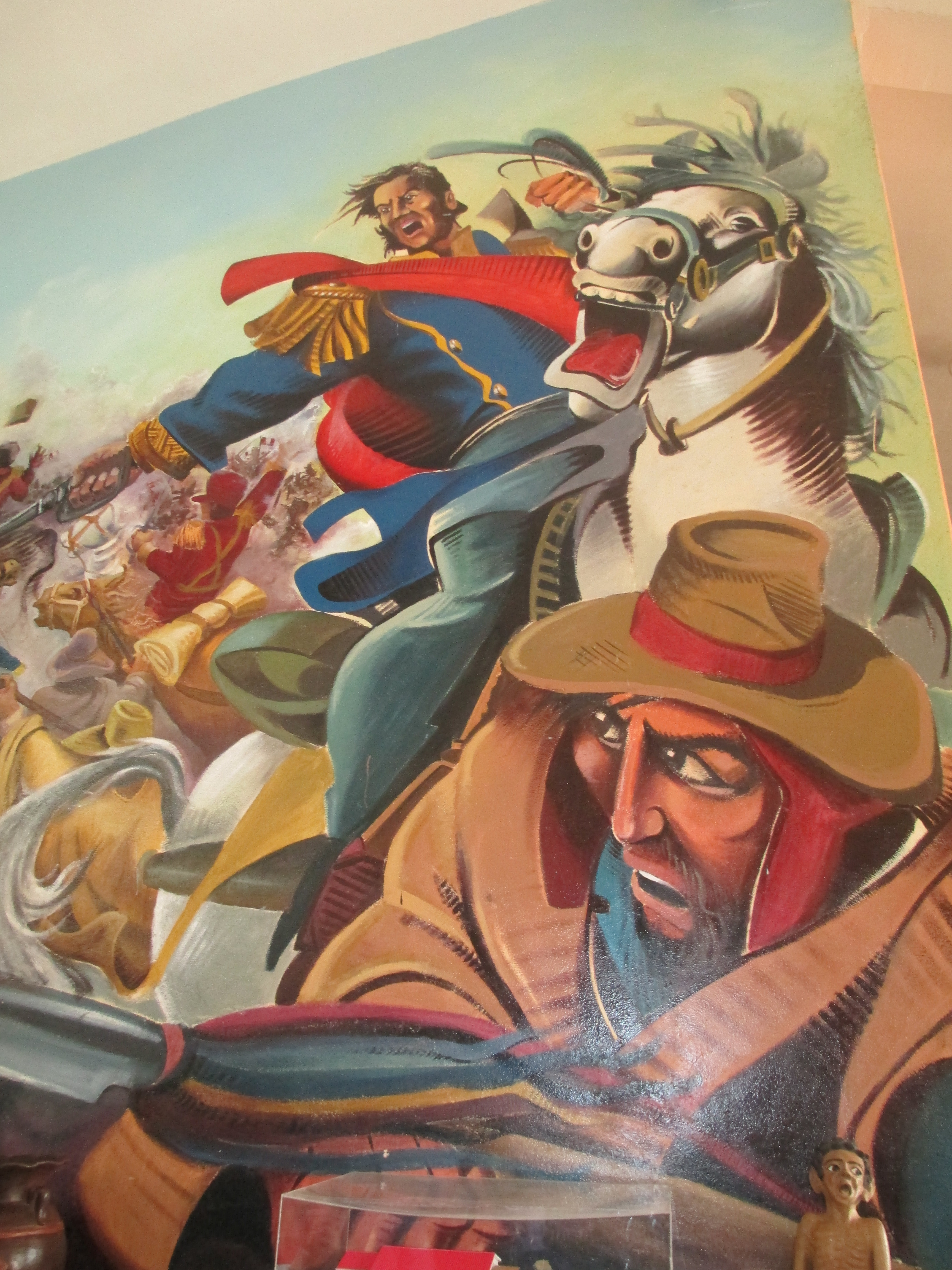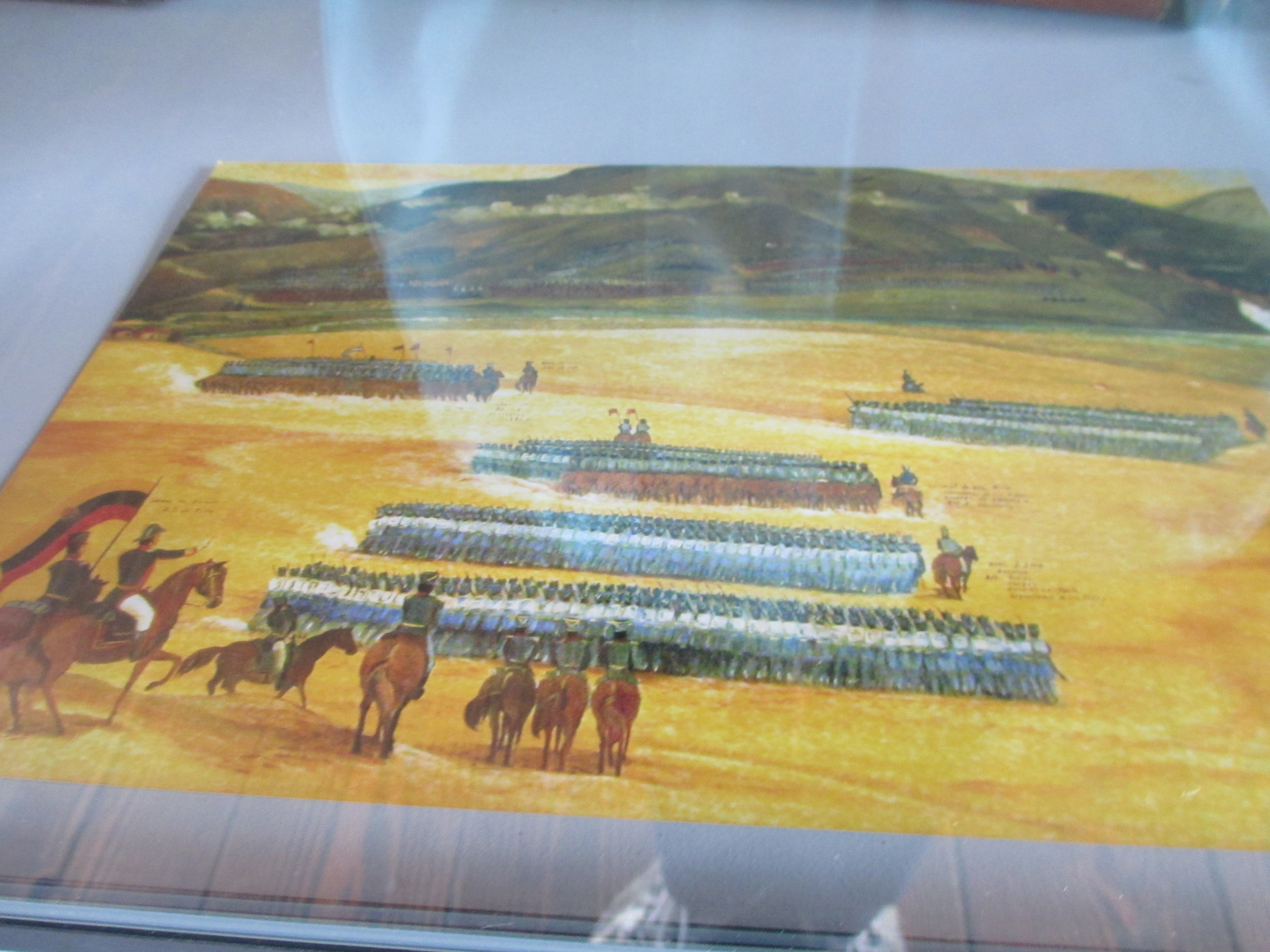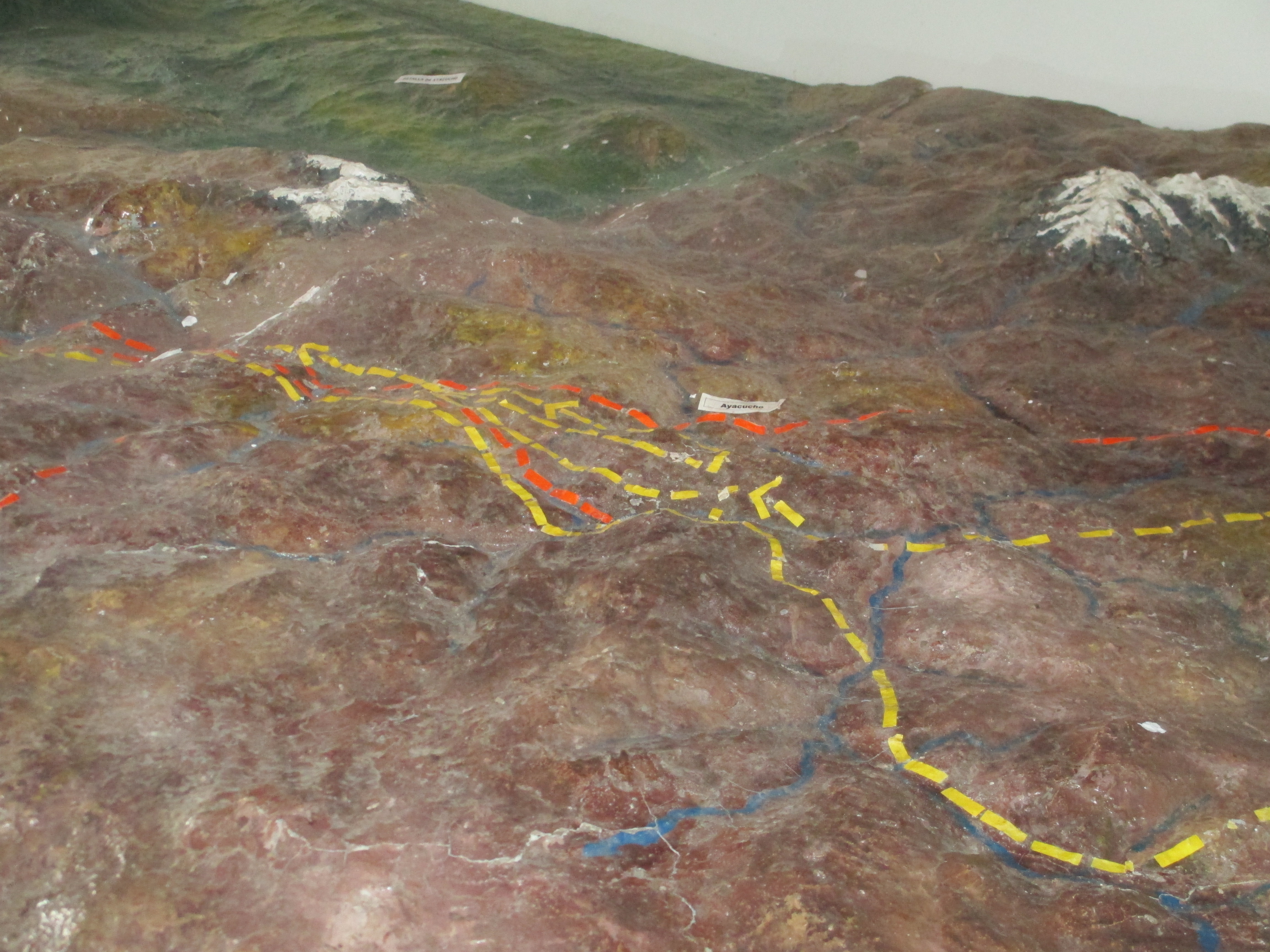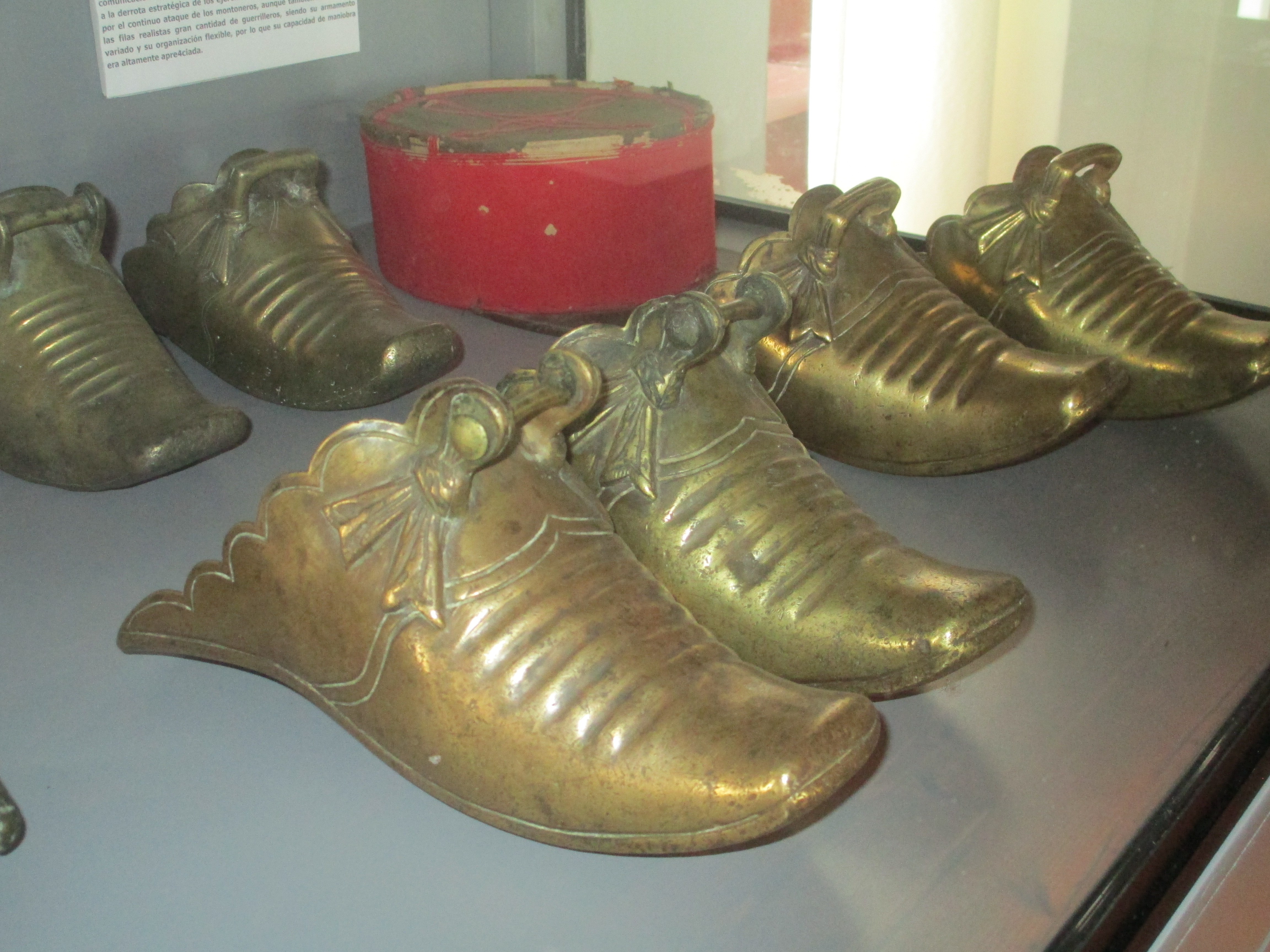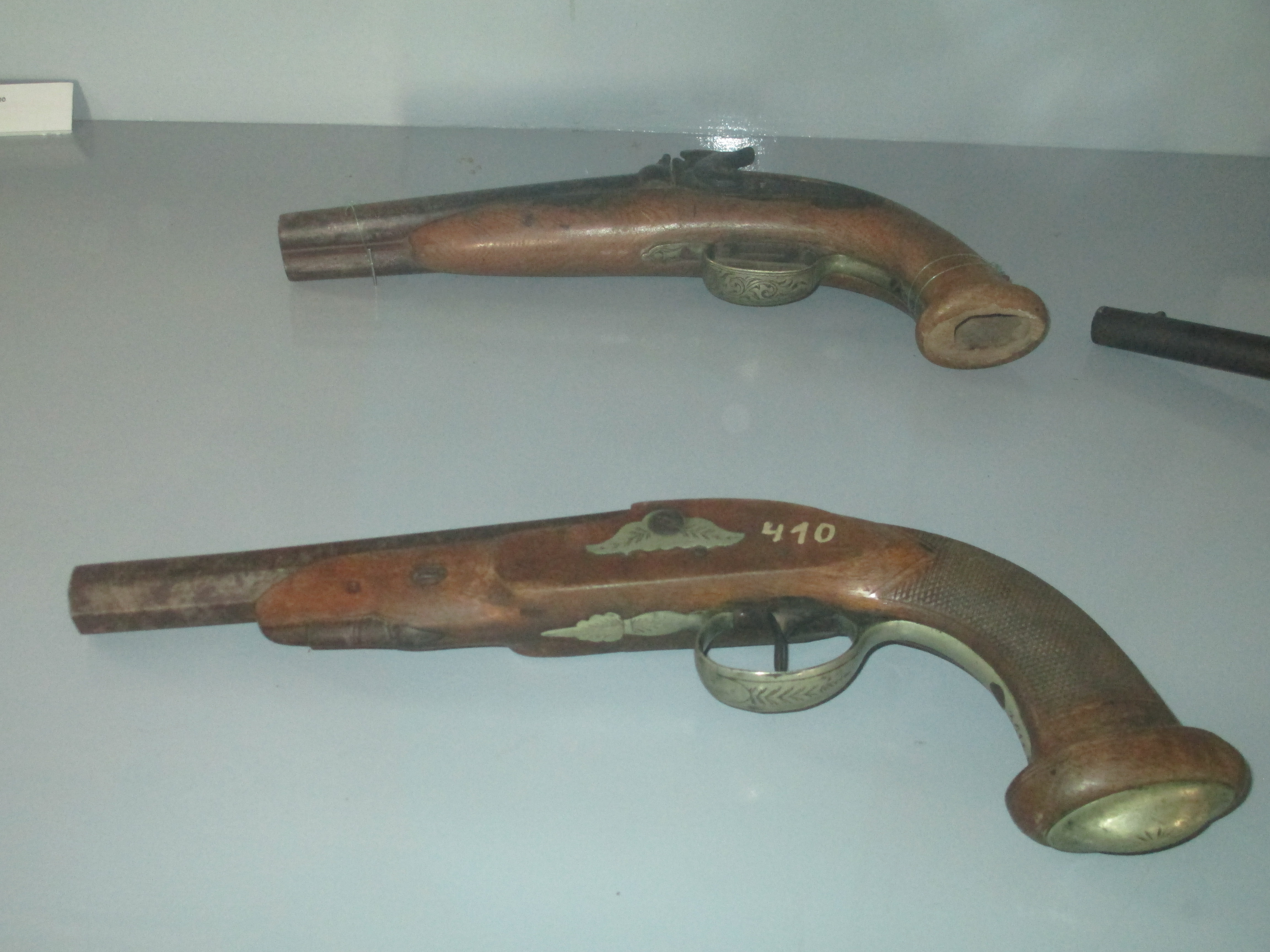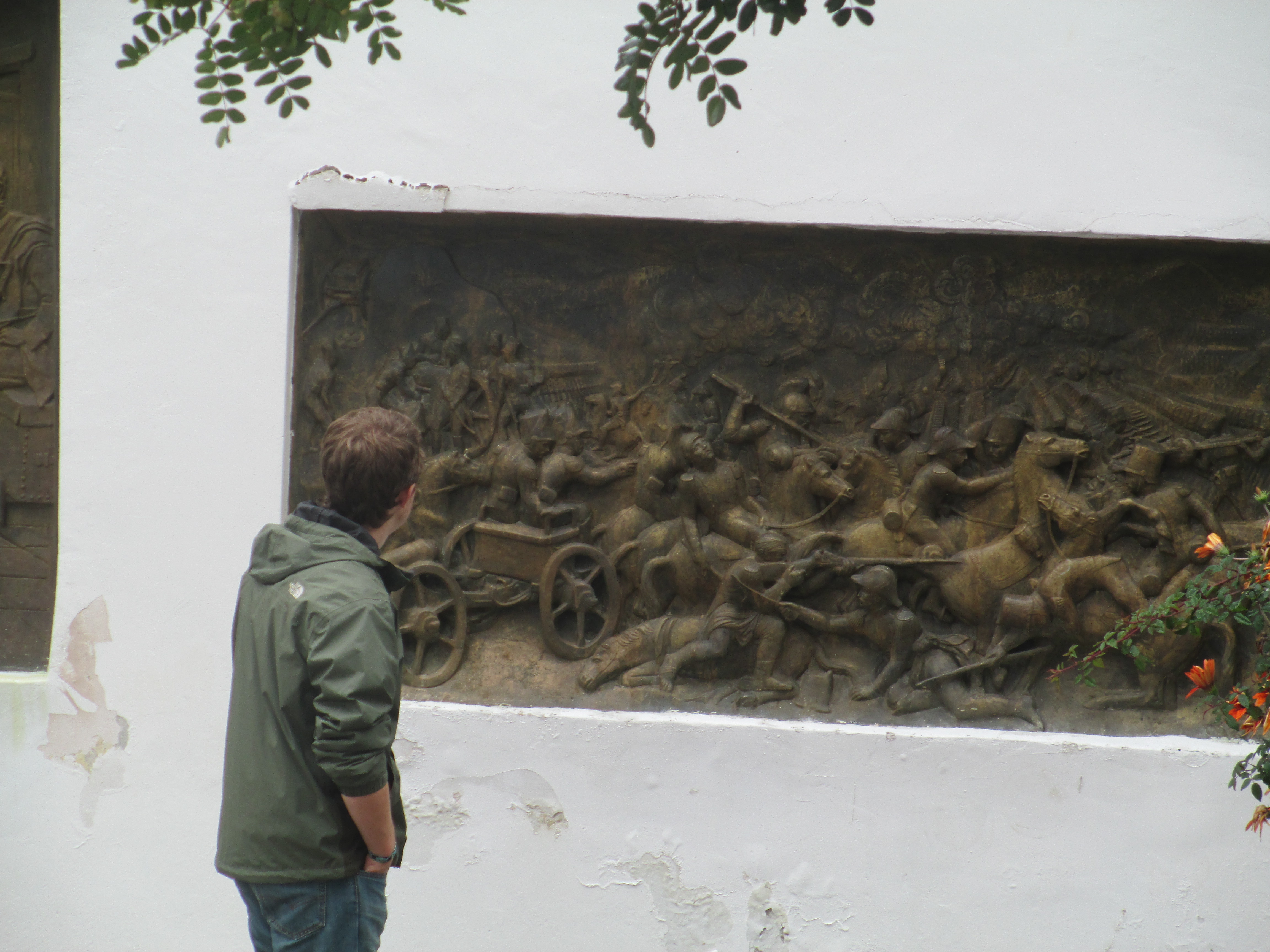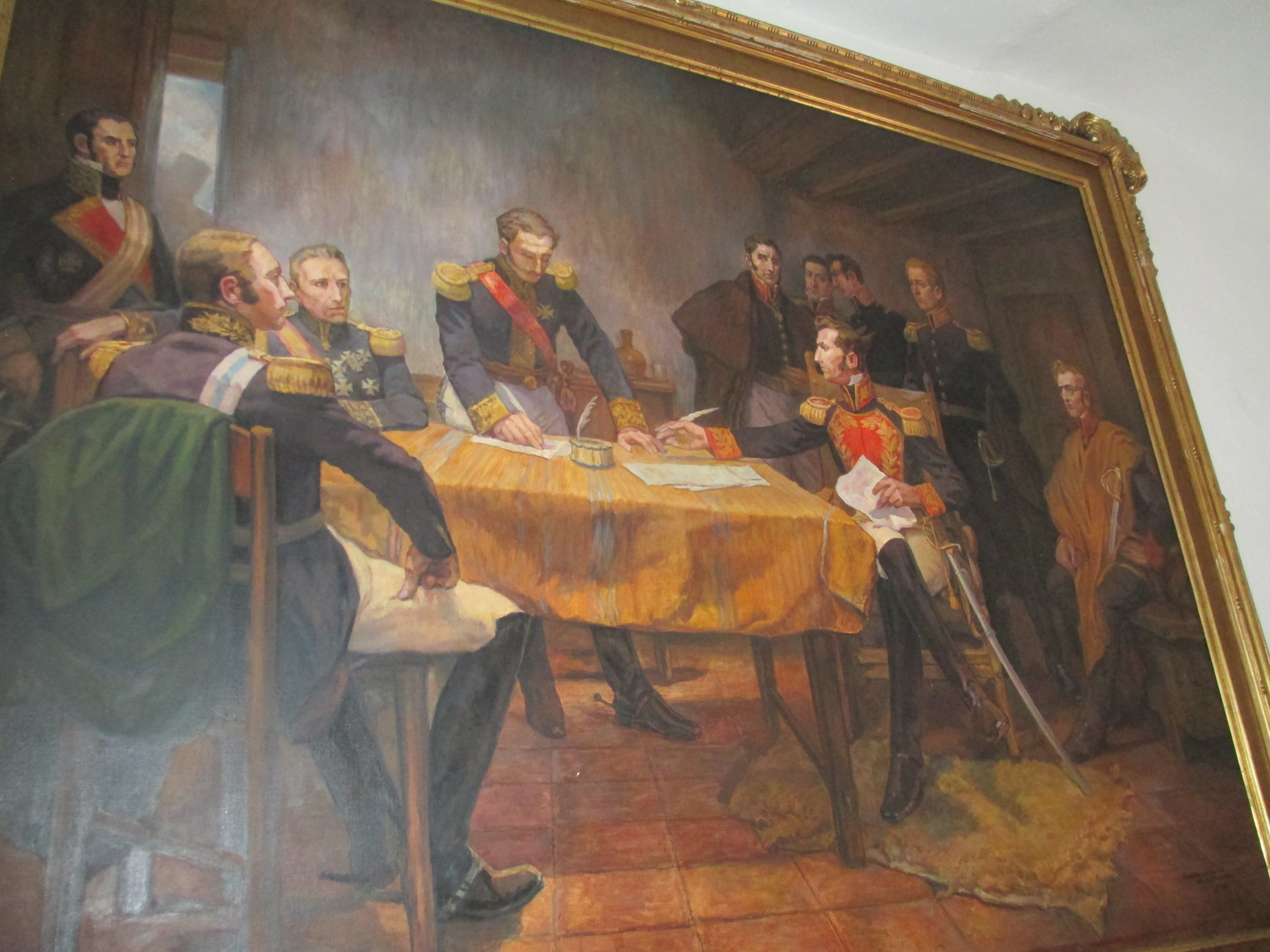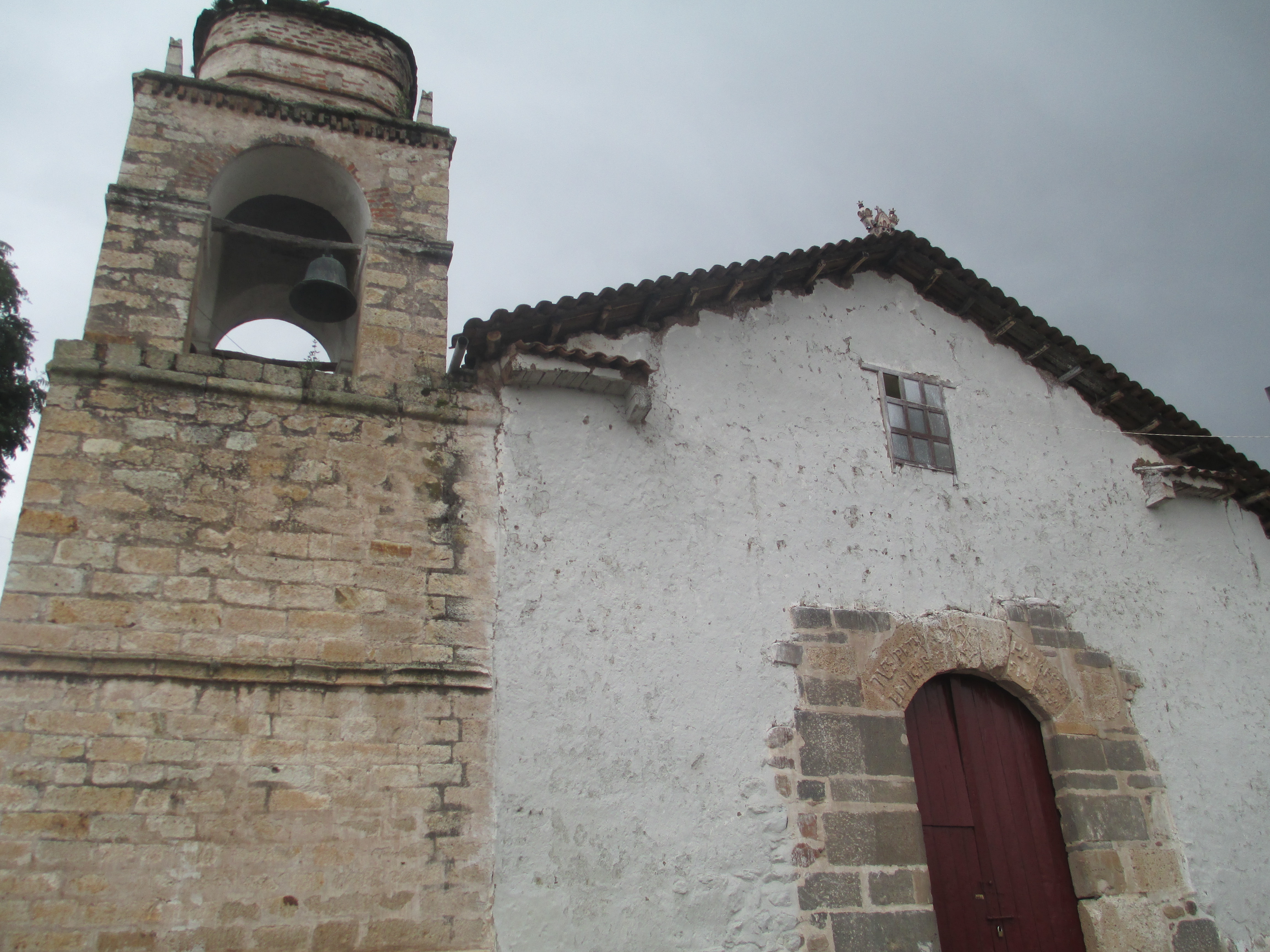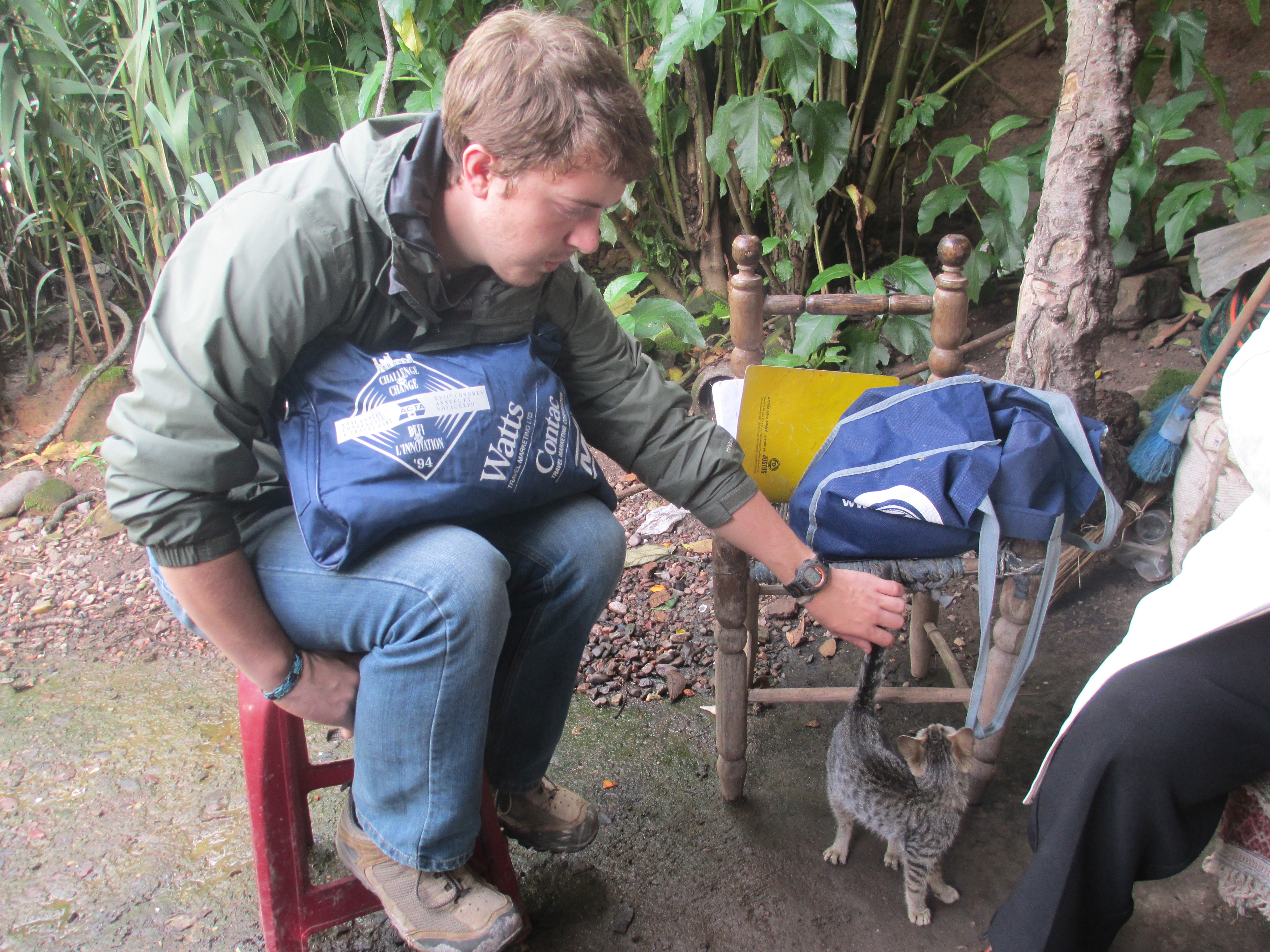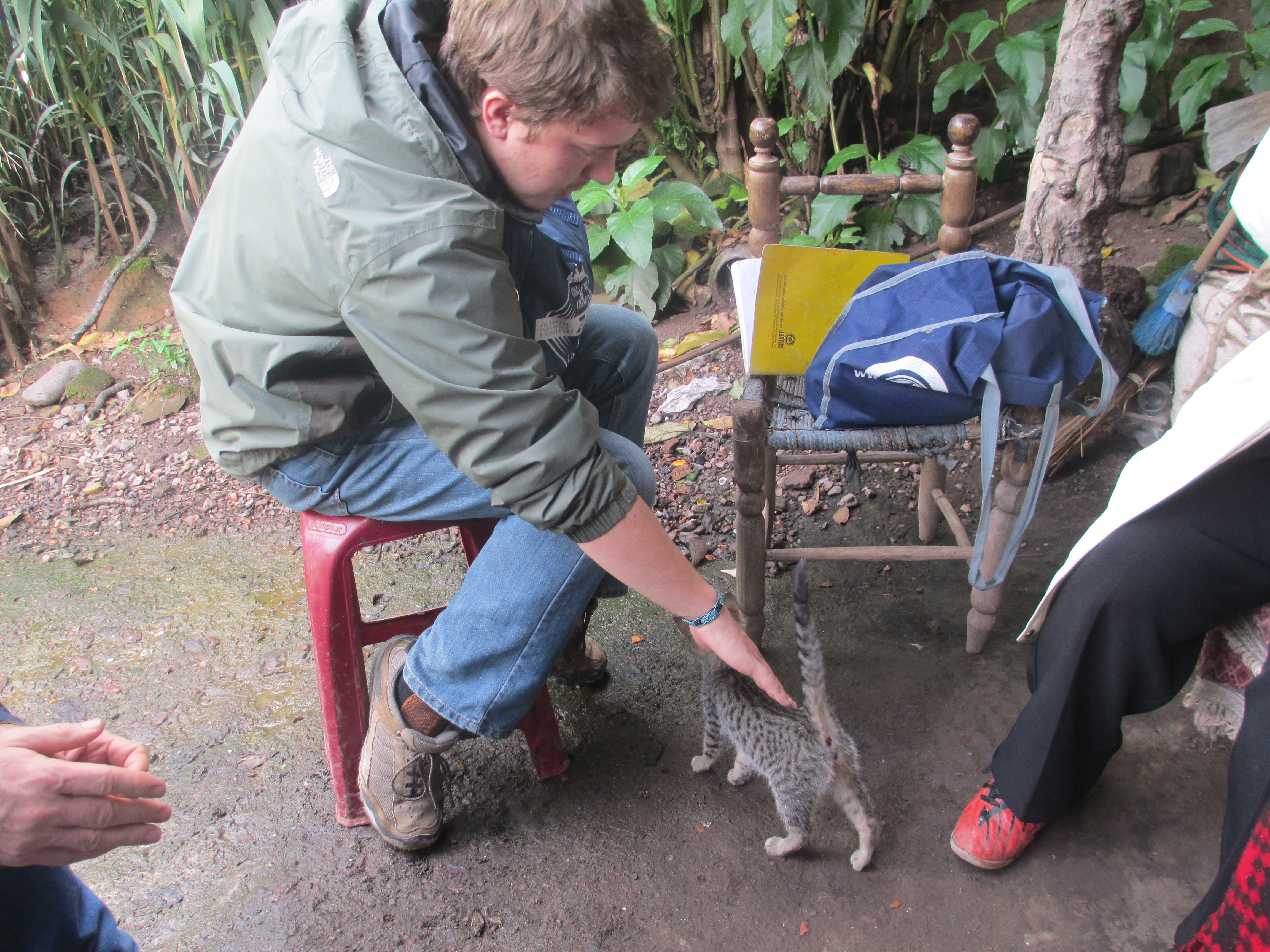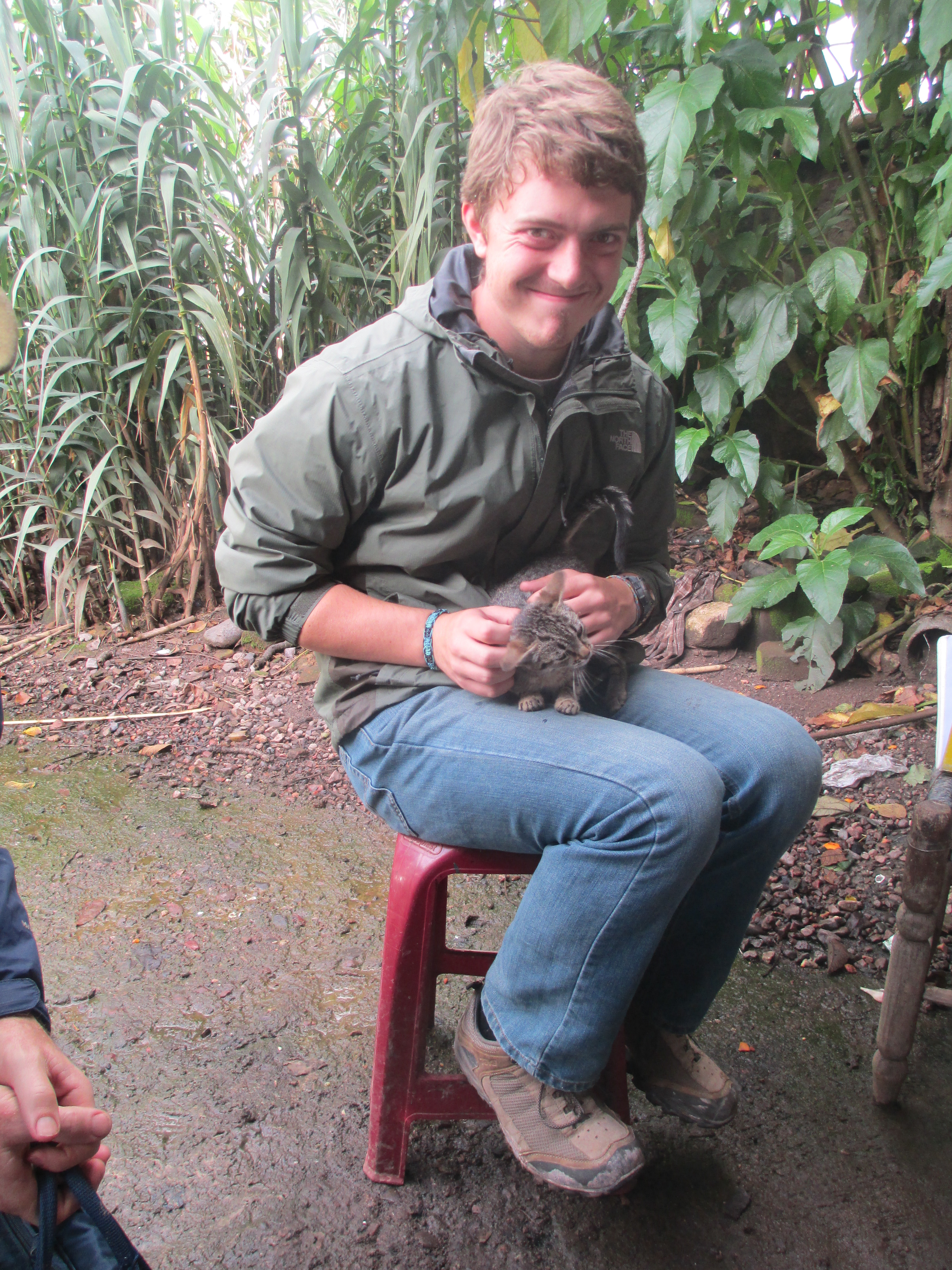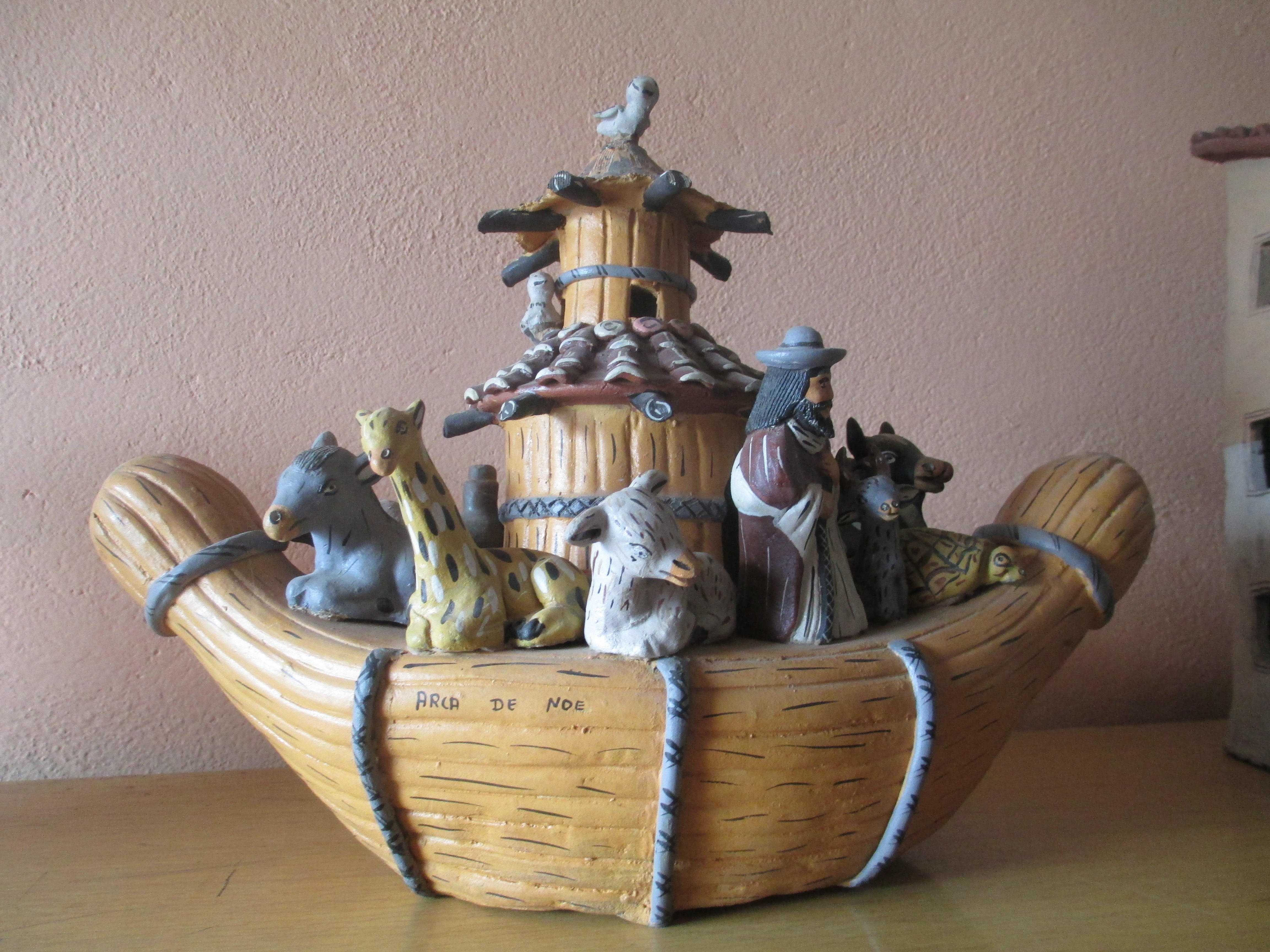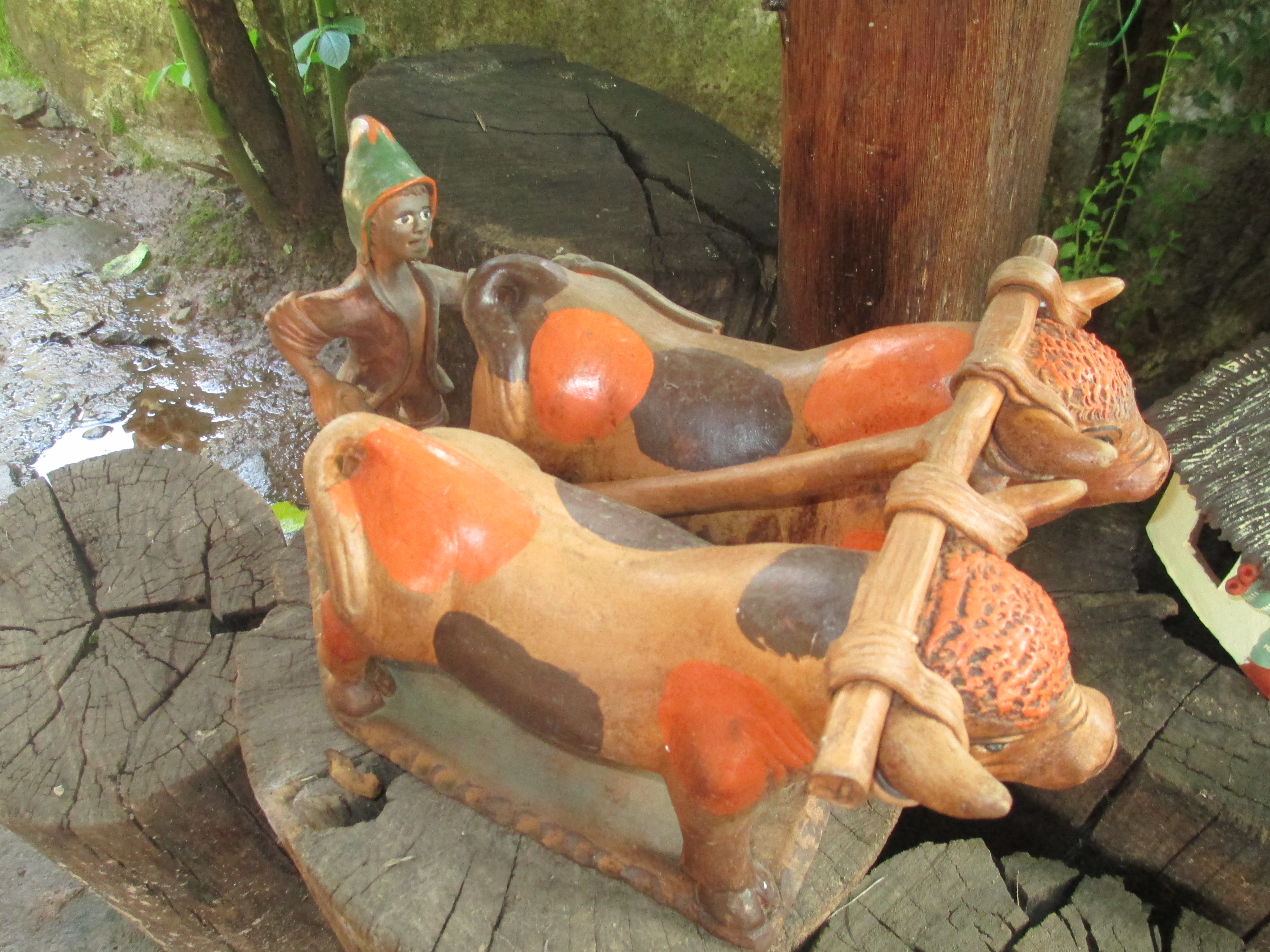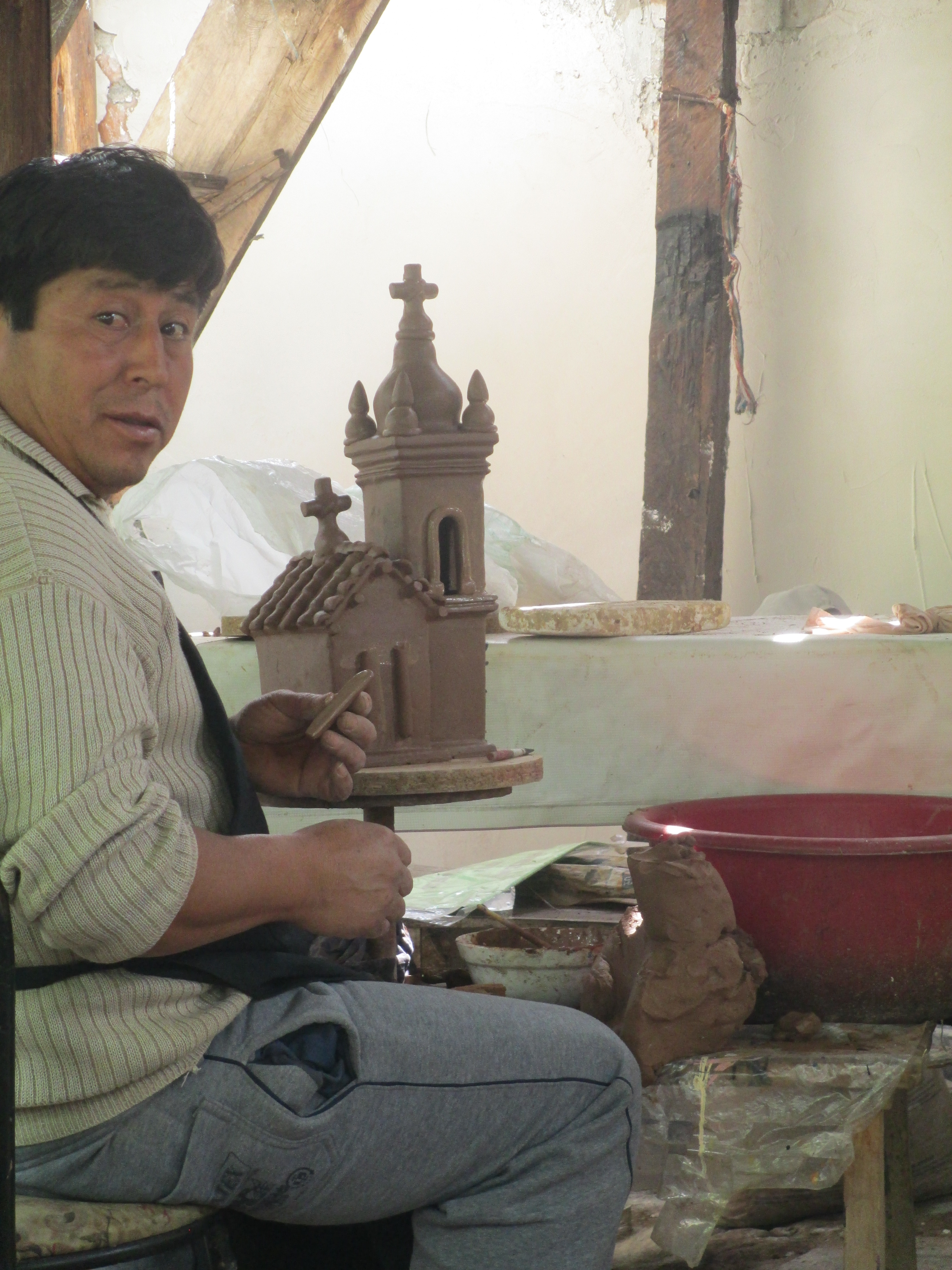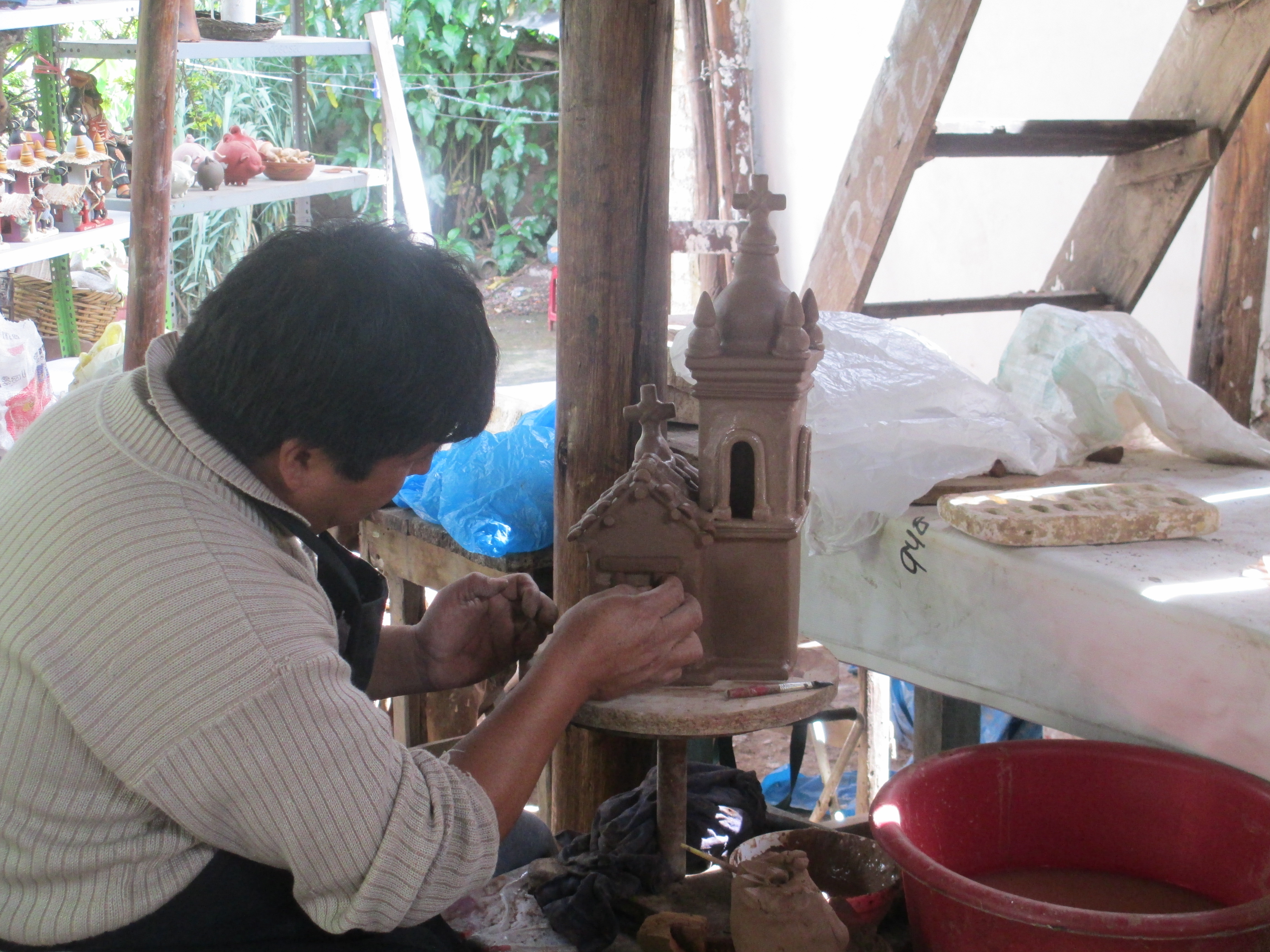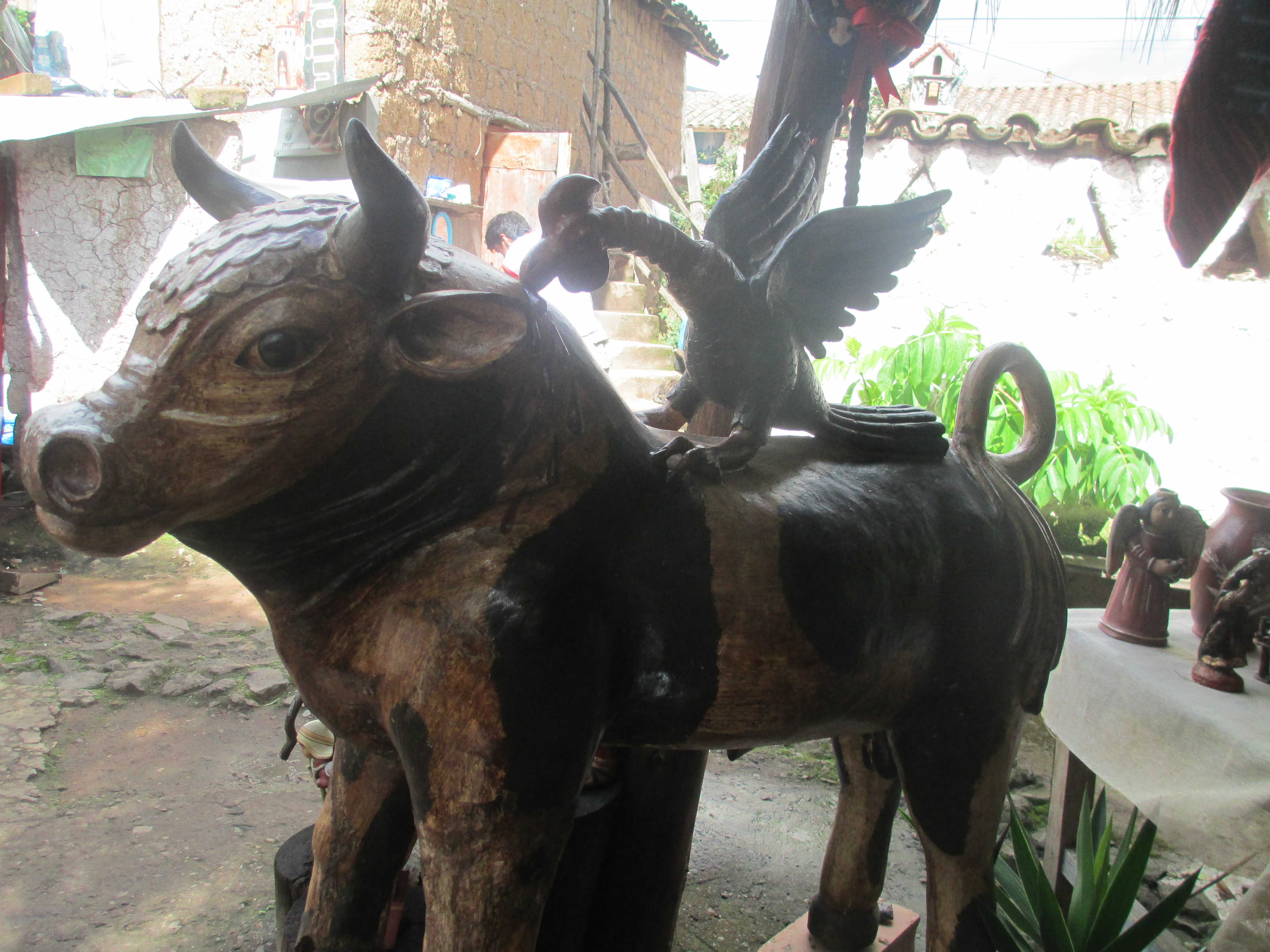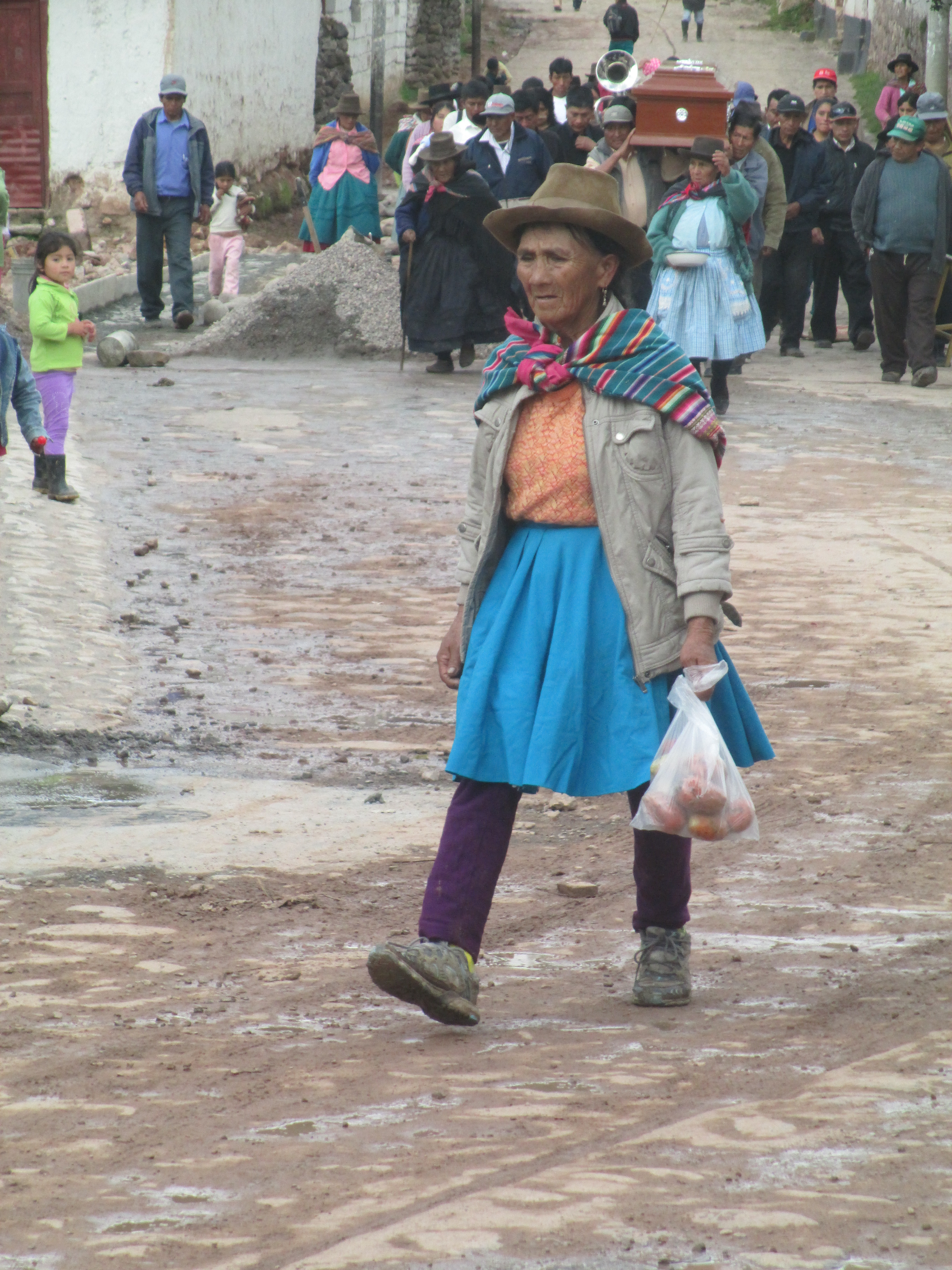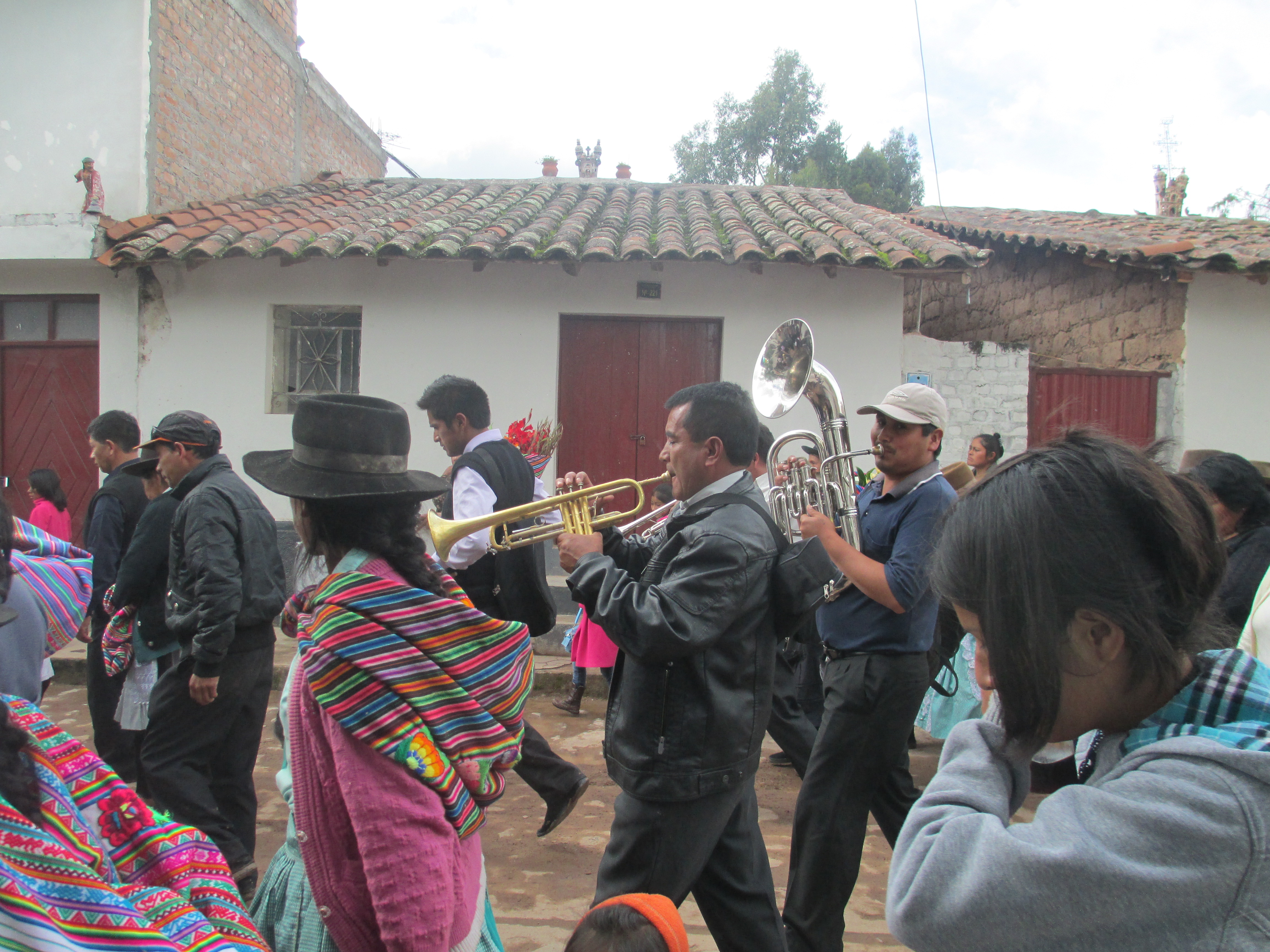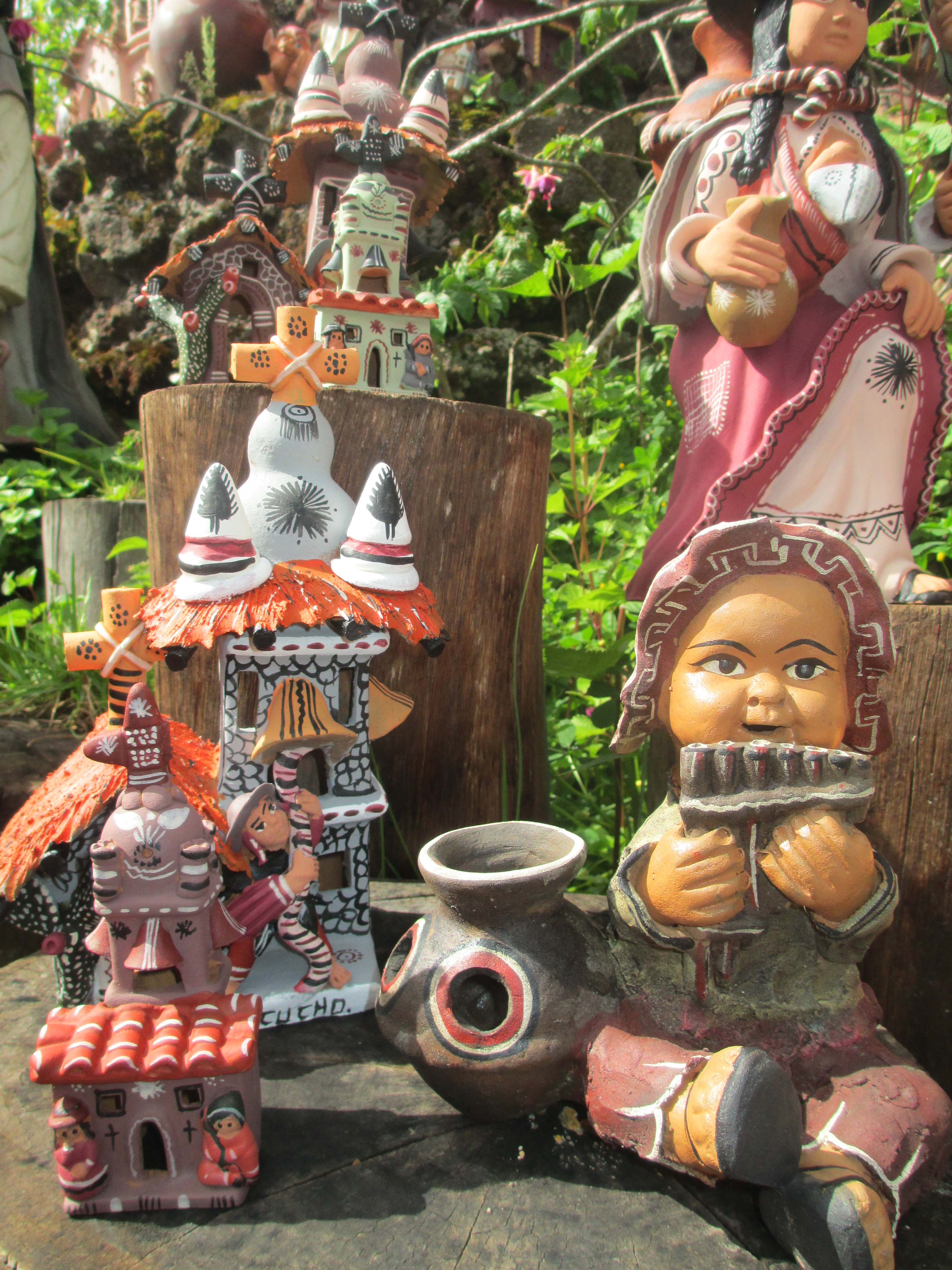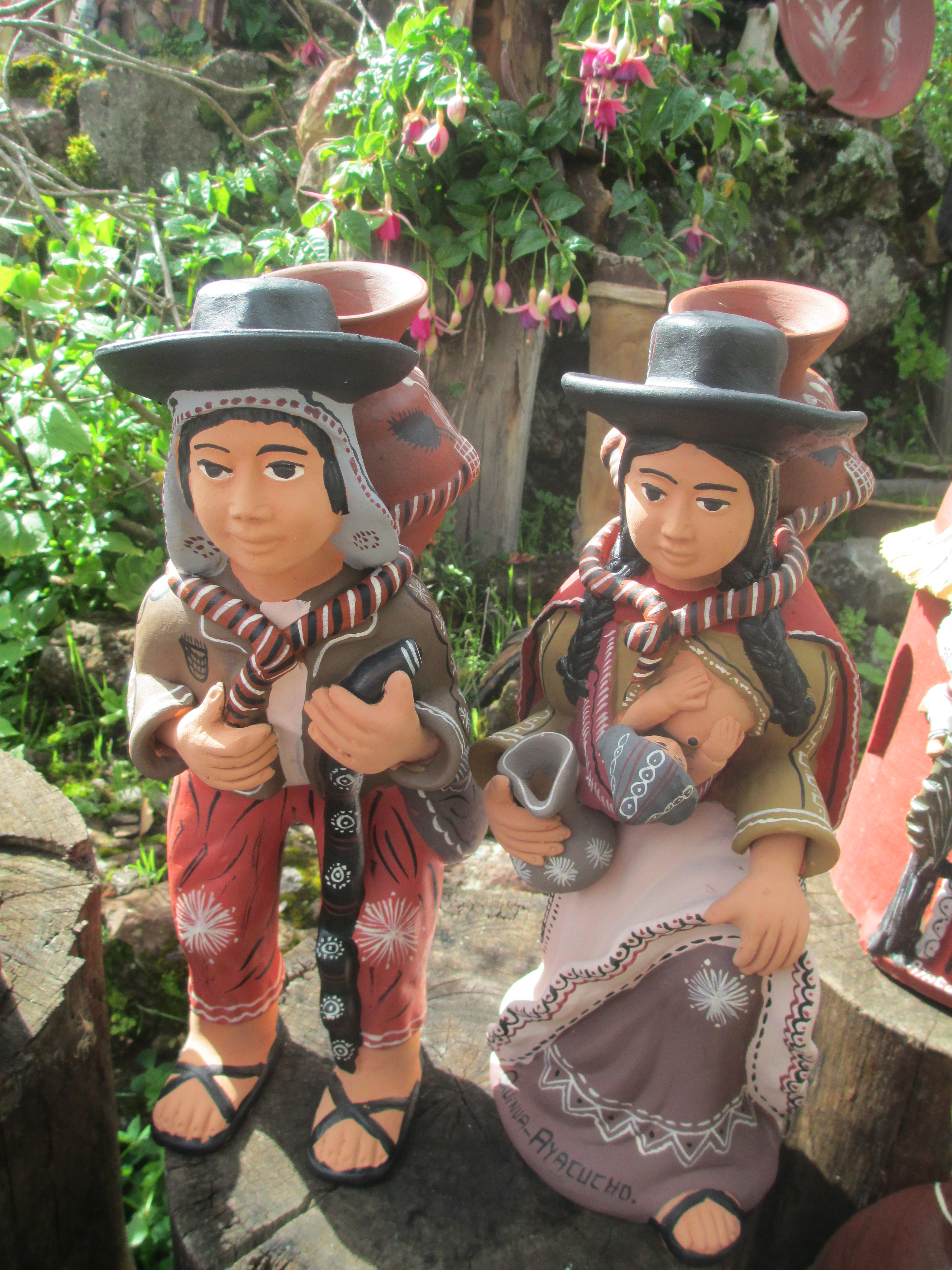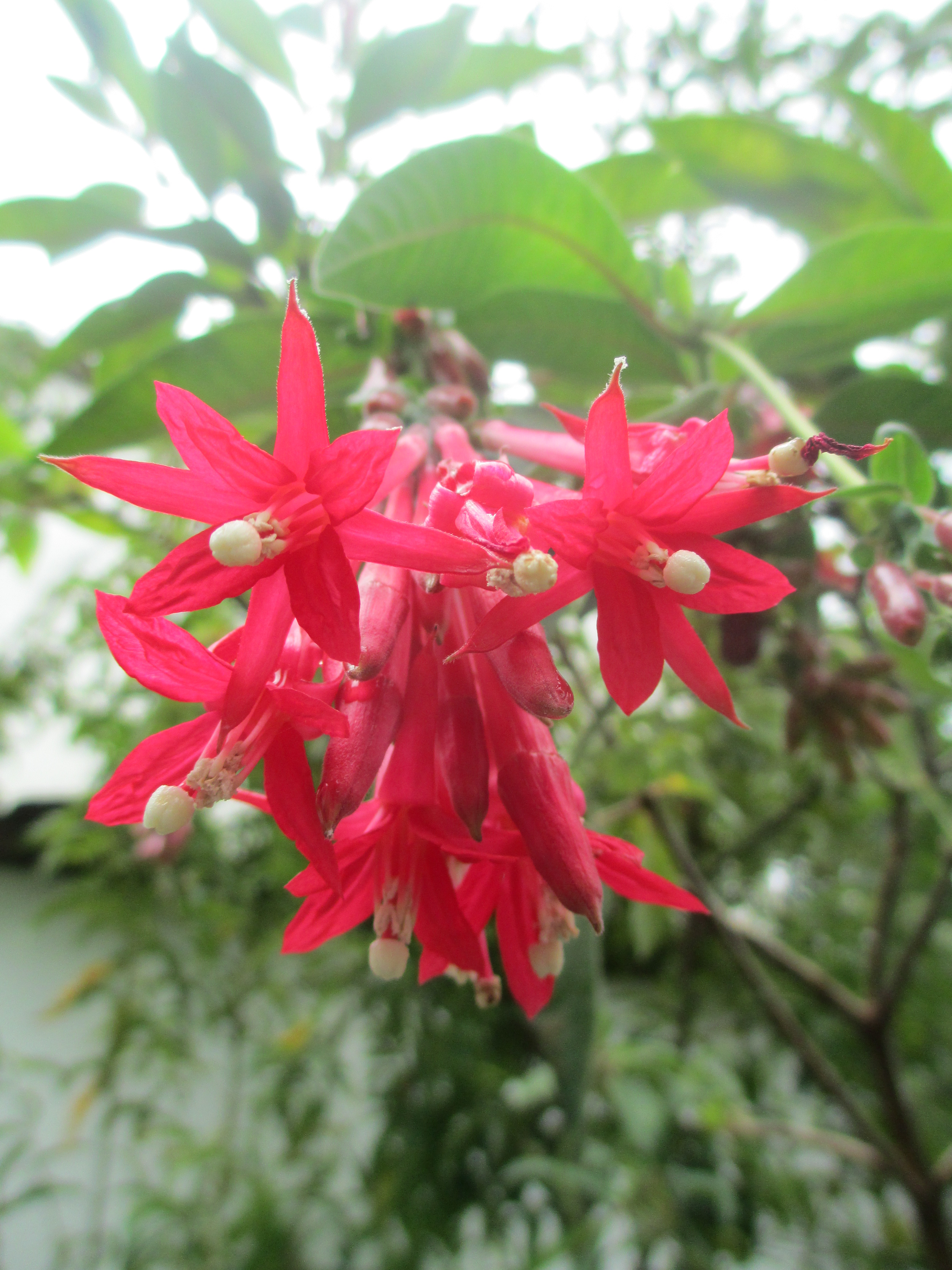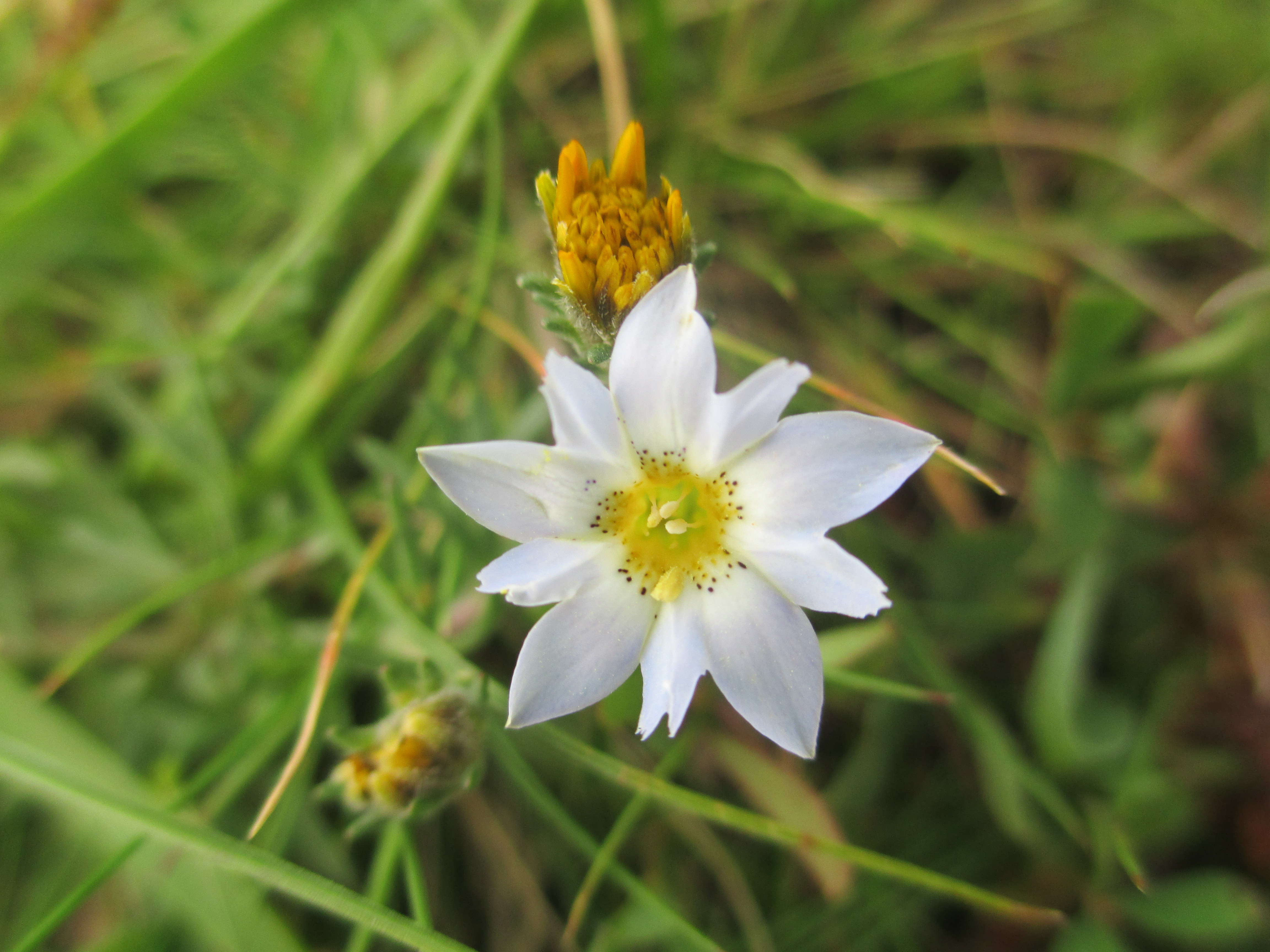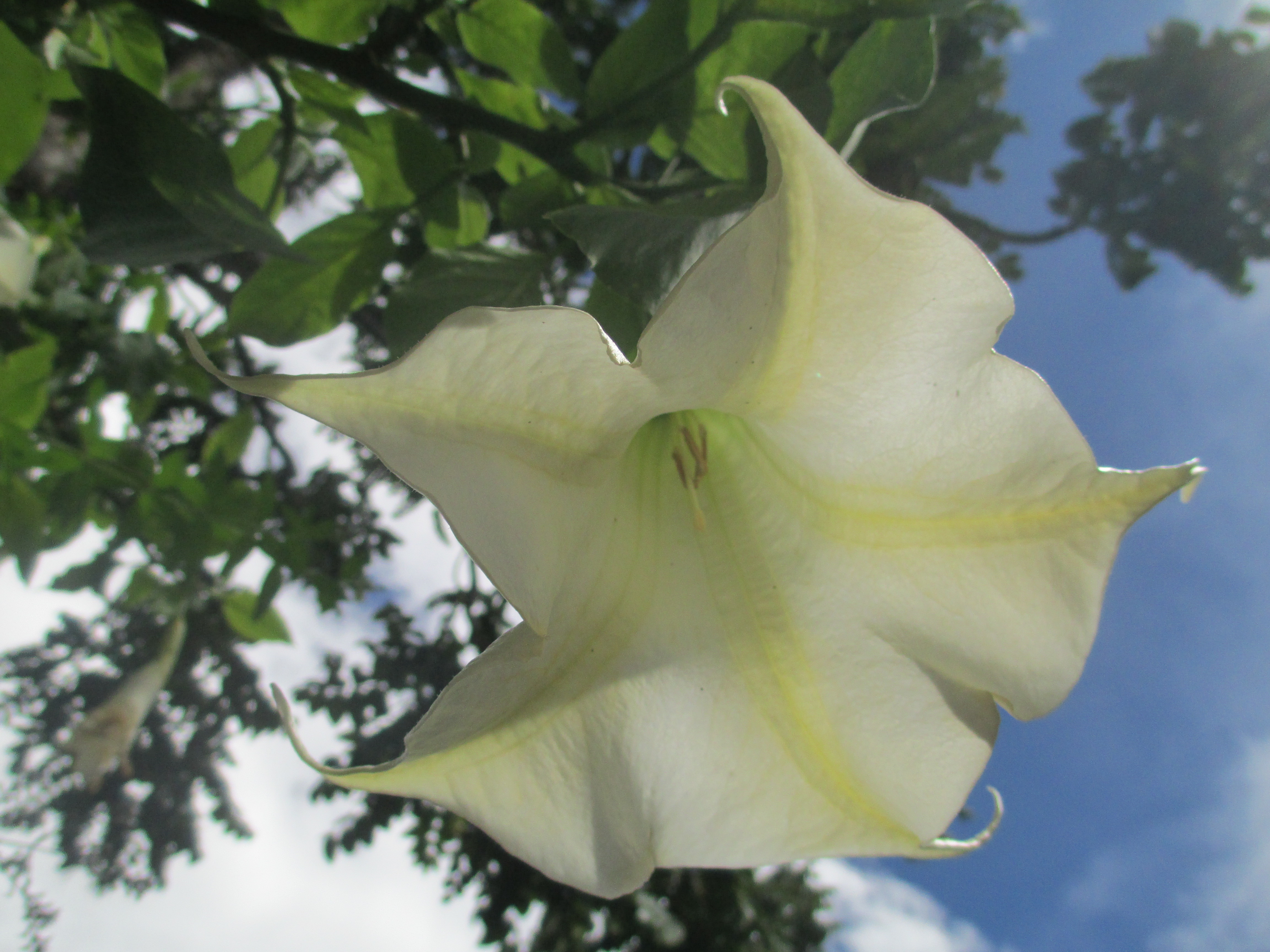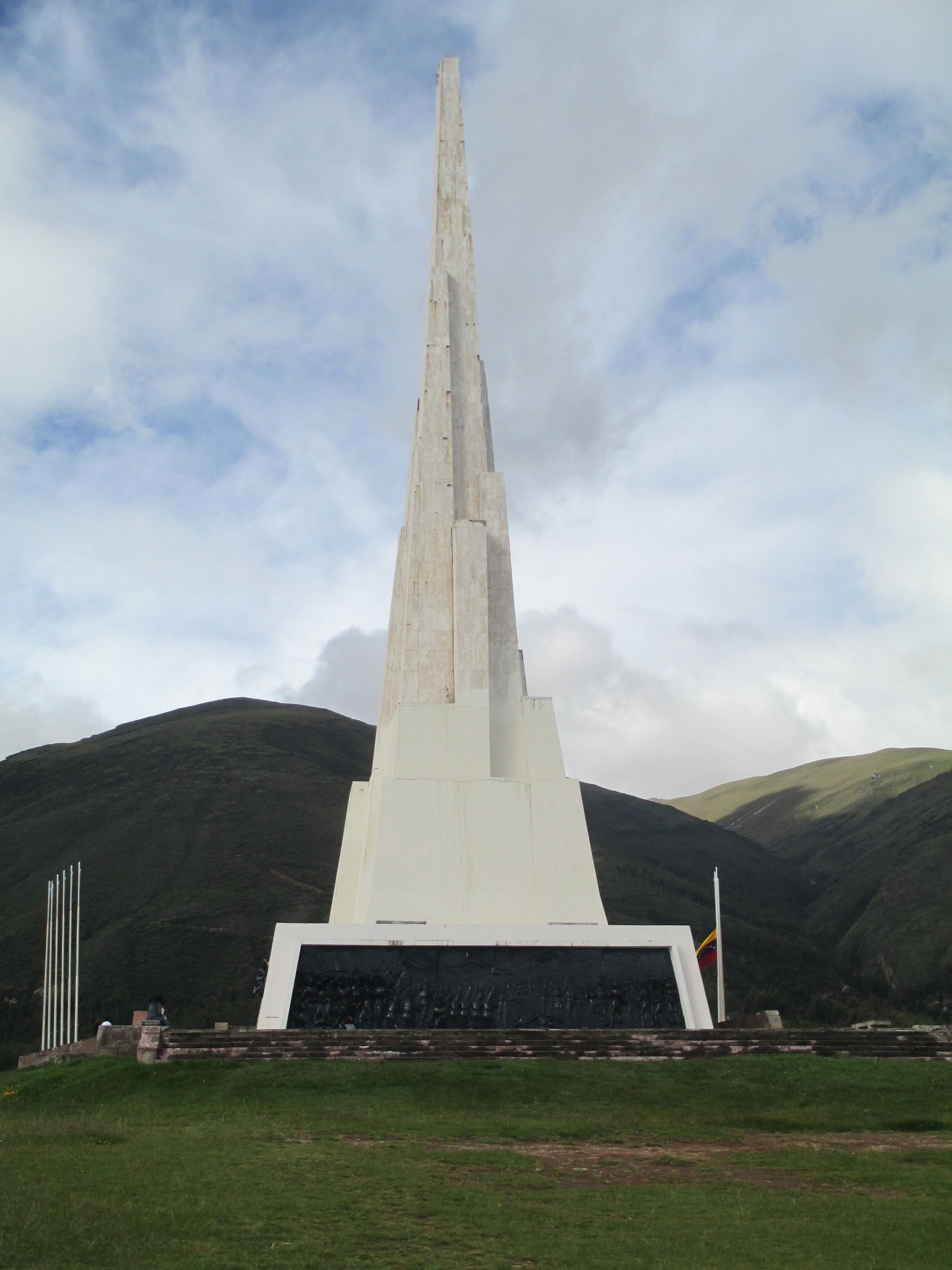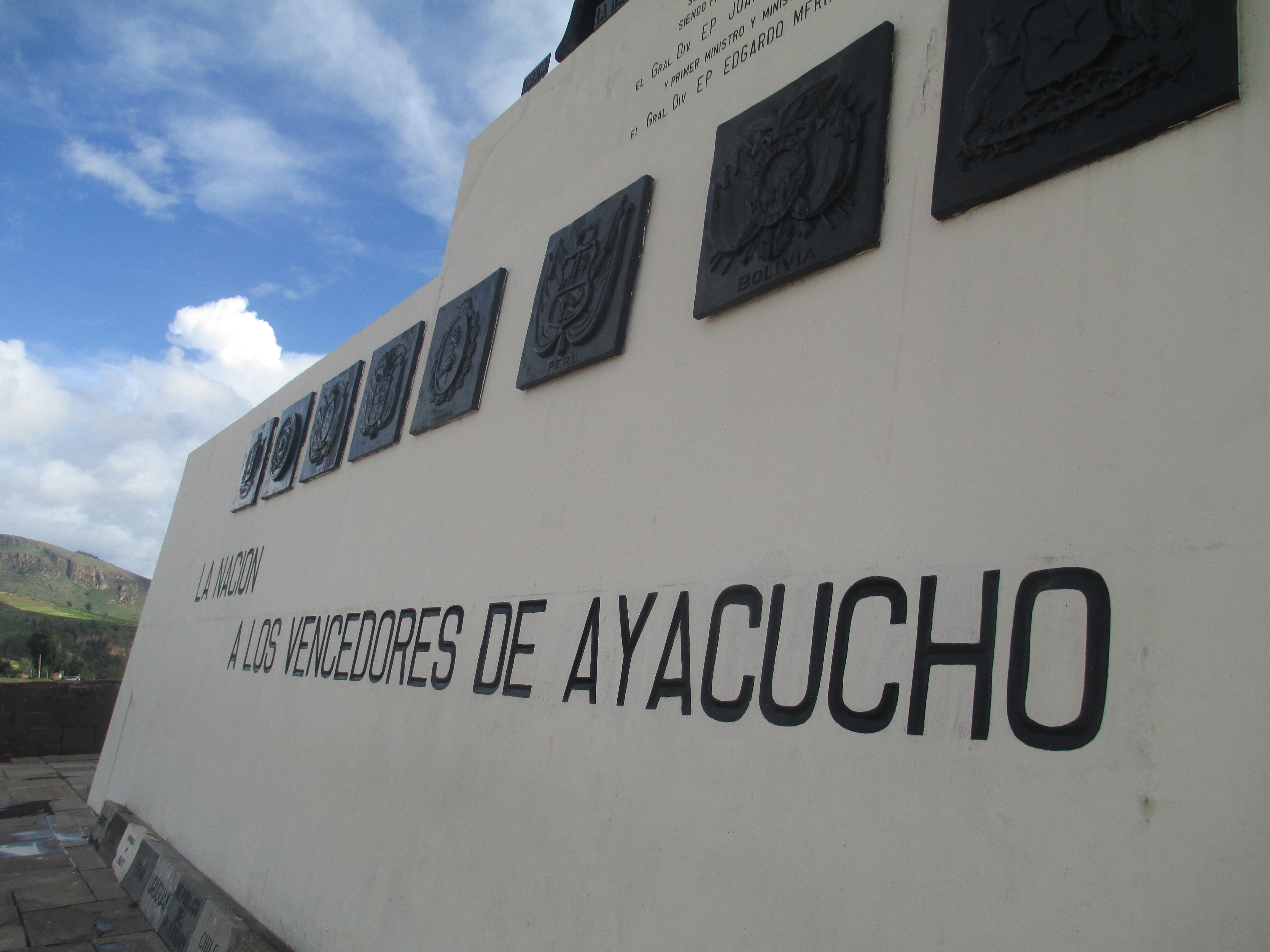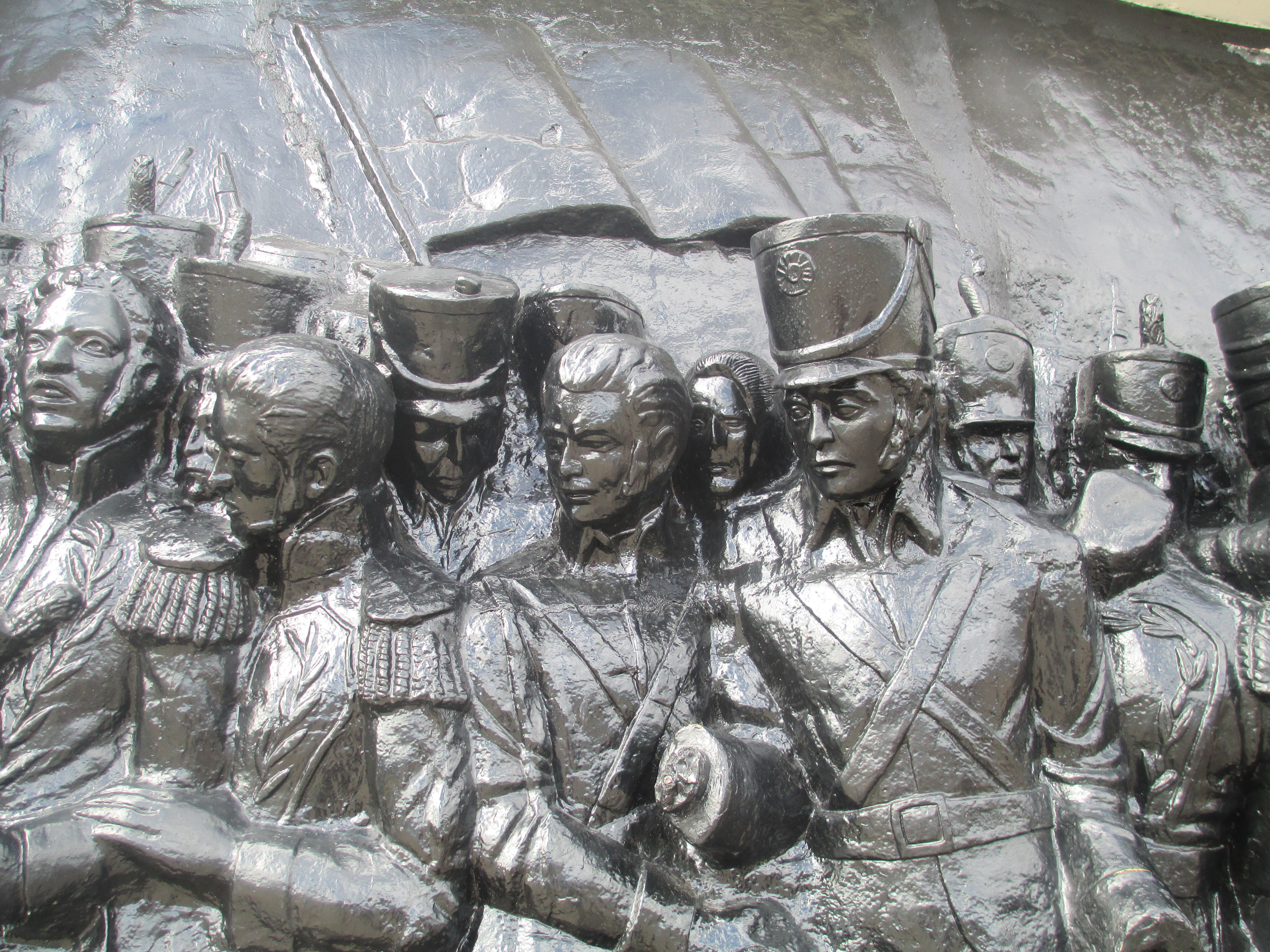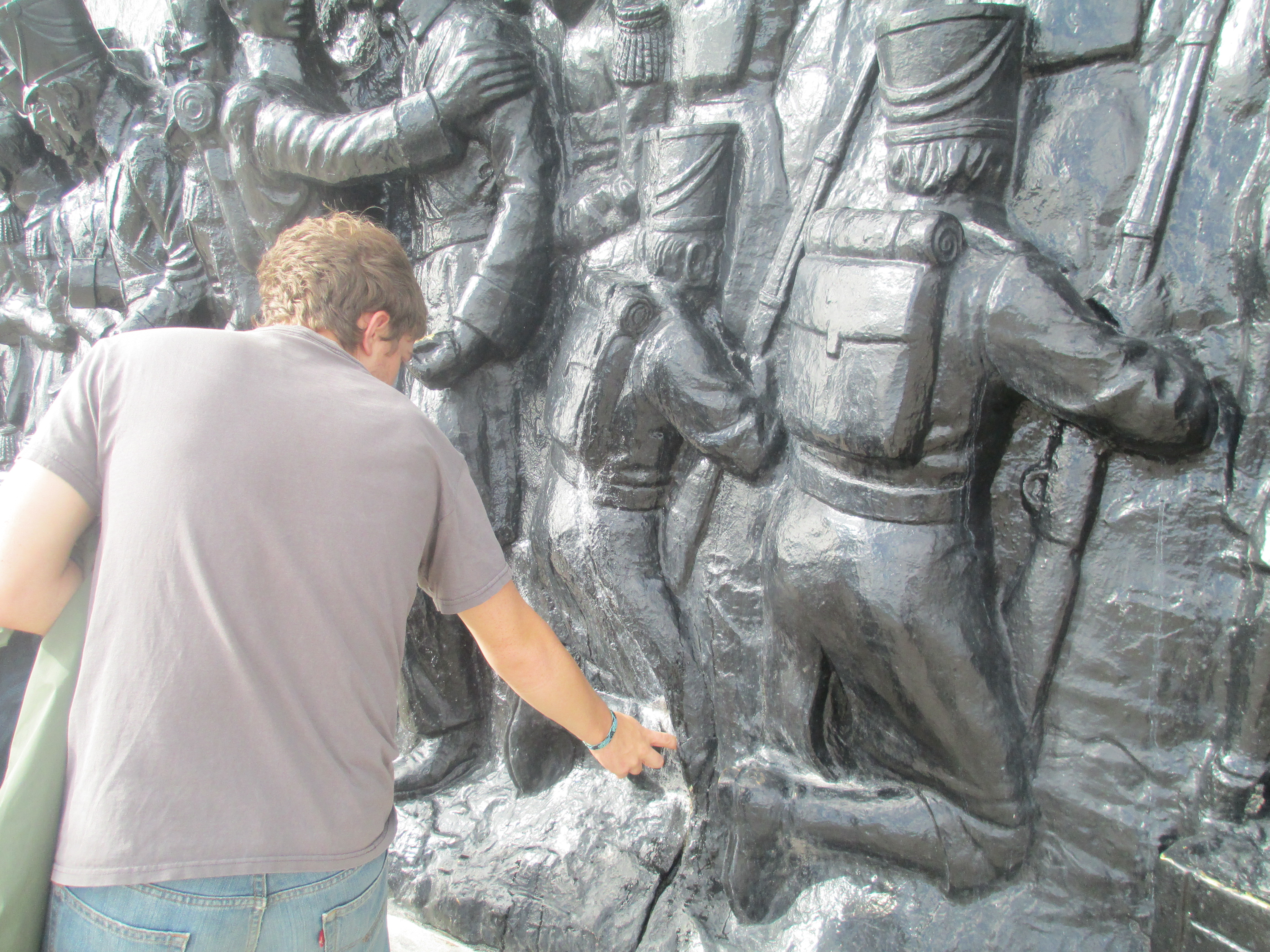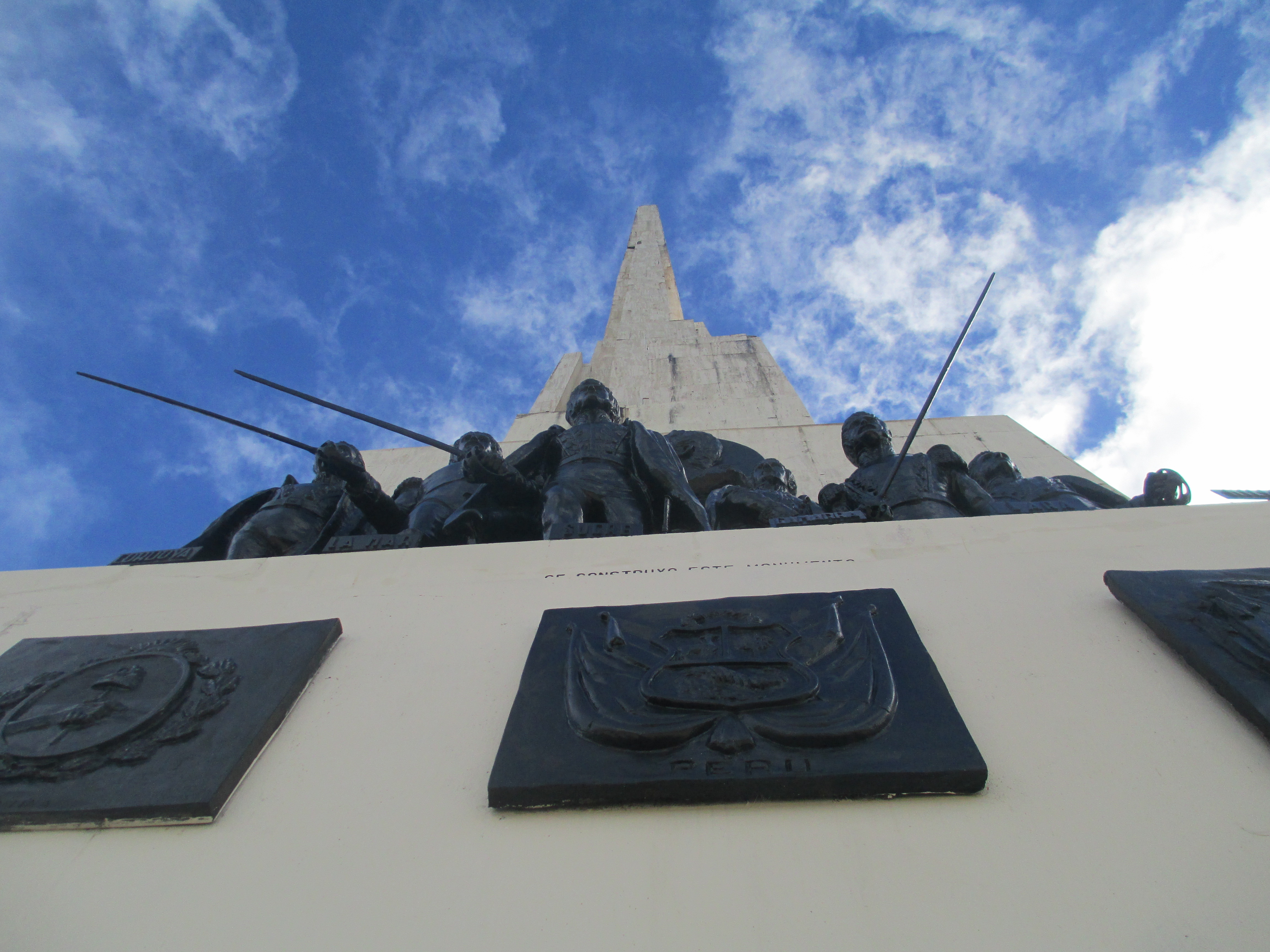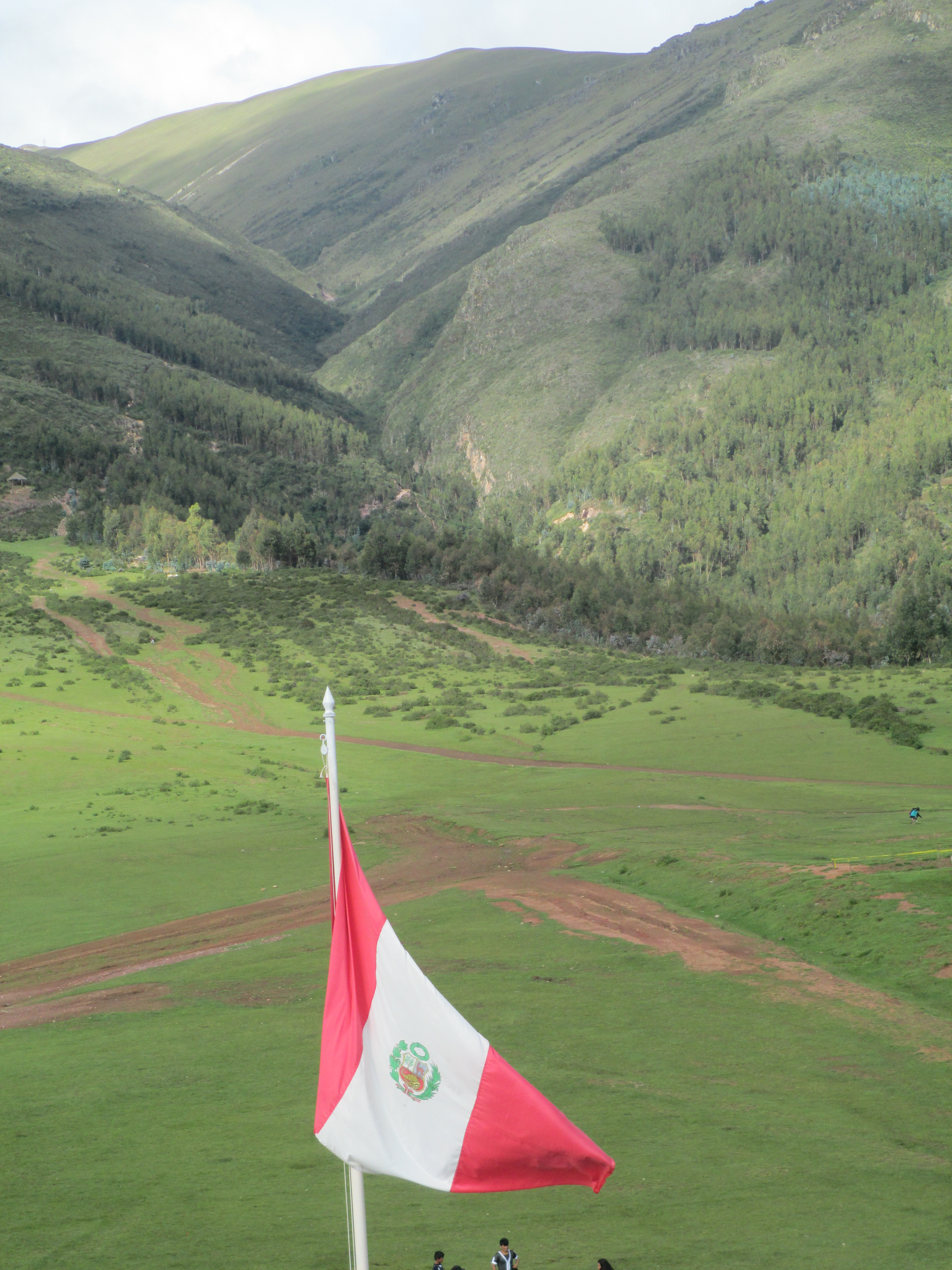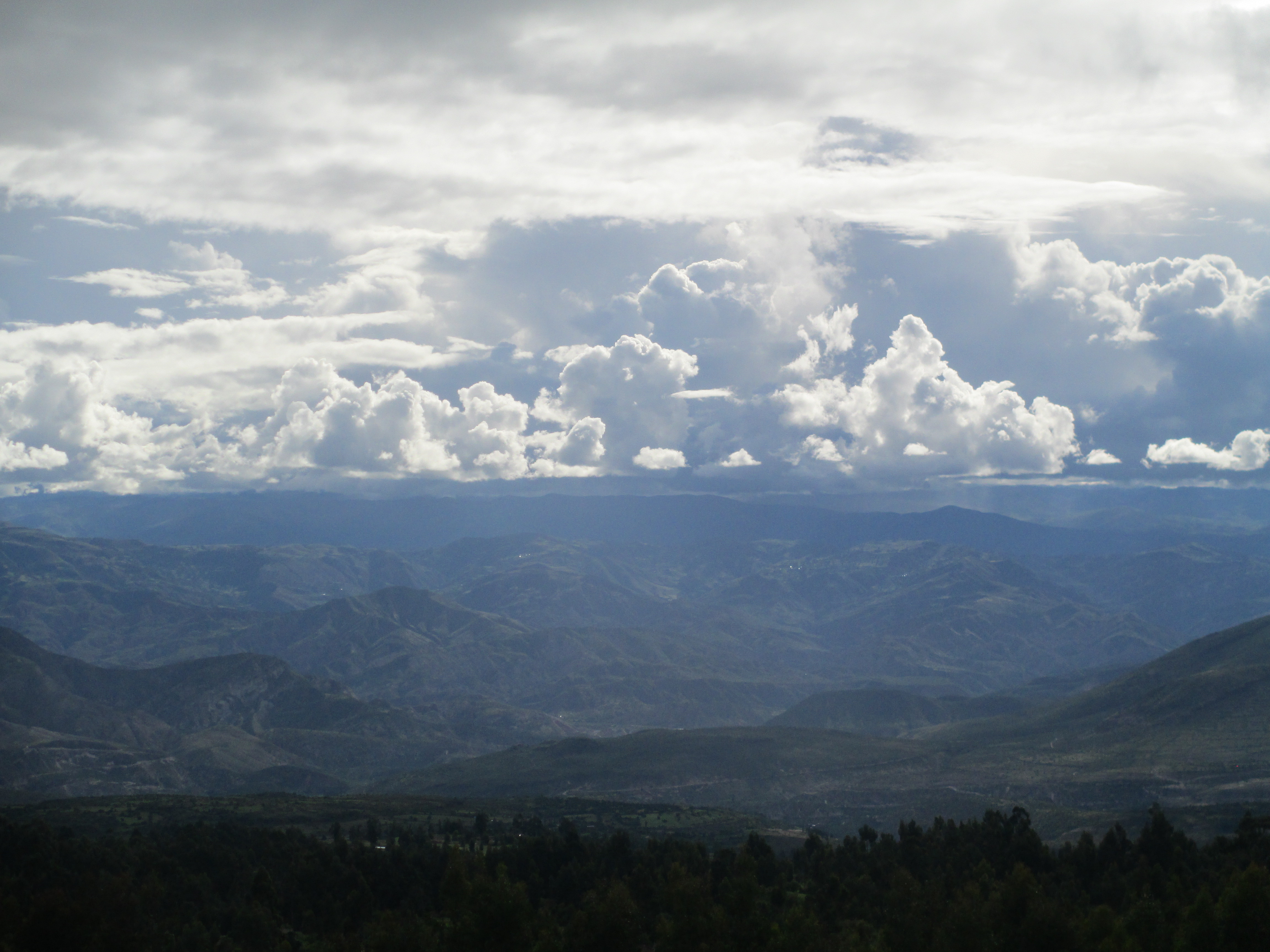Health
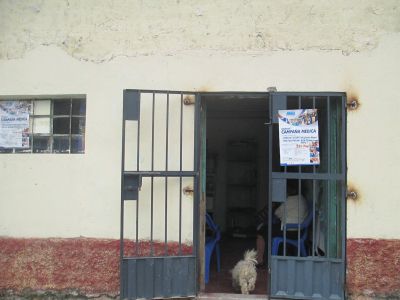
Barrett is volunteering at a nonprofit organization that provides health care services to low-income patients. The lifestyle of people who live in the Peruvian countryside is inherently healthy — fresh air, clean water and whole foods. Medical care is not readily available, however, for the treatment of injuries and illnesses in remote villages or marginal neighborhoods at the edge of the region’s capital. The government has invested in medical posts in most cities and many towns, but staff is limited, service can be slow and the facilities are often under-equipped and under-stocked. Medicines and medical supplies need to be purchased elsewhere. The Vidas (Lives) Program was founded several years ago by Raquel Yupanqui and her husband Maximo Candia to fill in the gaps left by the public health care system. Raquel is a medical professional who trained as a nurse in Brazil, speaks Portuguese, English and Quechua in addition to her native Spanish, and has a zeal for learning. She overseas the work of the clinic in two locations: the San Melchor neighborhood at the edge of Huamanga, the capital of Ayacucho department, and Quinua, a quaint, historic village located an hour away.
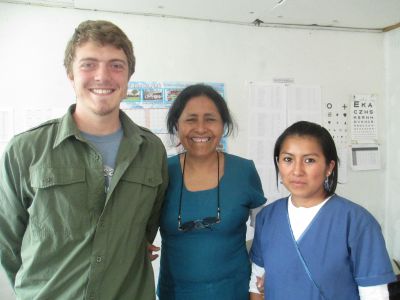
Barrett volunteers at both clinics, assisting Raquel and clinic staff in the reception area at San Melchor on Monday through Wednesday each week and working with Feliciana, the nurse who directs the Quinua clinic on Thursdays through Saturdays. Given the distance between the two locations Barrett sleeps at the Quinua clinic rather than commuting back and forth each day. Medicines are donated by sponsors in Great Britain and patients pay a minimal co-payment (about $2) for a consultation complete with treatment. During his fourth week of service Barrett will assist with a medical campaign sponsored by Medical Ministry International (MMI), serving as a corredor (runner) for Raquel and her colleagues. The campaign will offer complete physical exams and treatment to patients in several locations, and Barrett will be busy coordinating the work with a team of nineteen North American doctors and nurses, most of whom do not speak Spanish. Barrett’s capable presence and easy-going nature have helped him to be flexible, patient and helpful to the people with whom he interacts each day.
